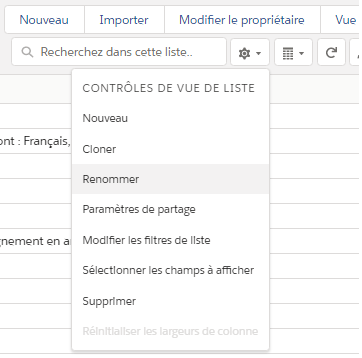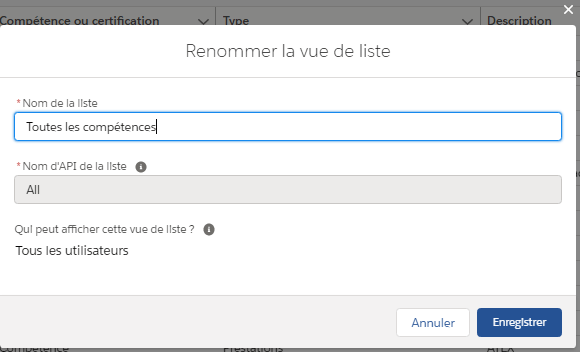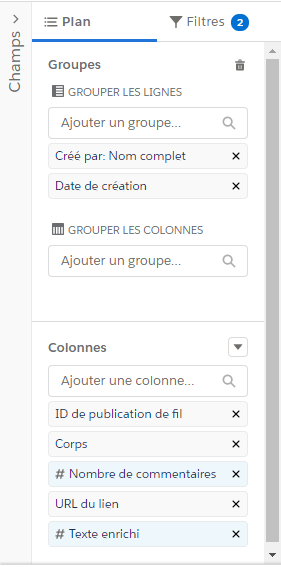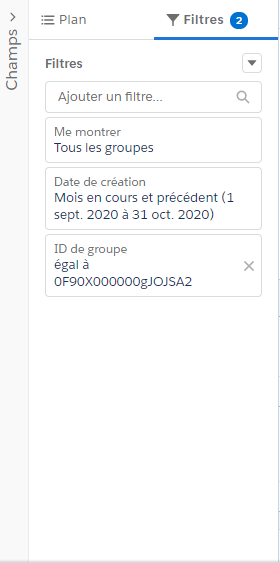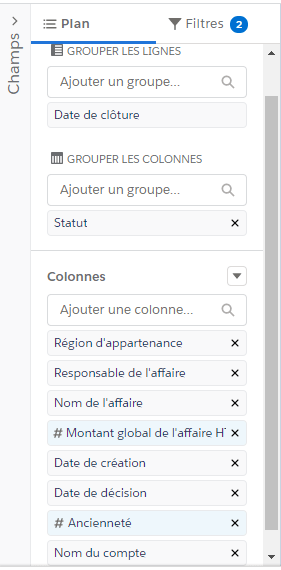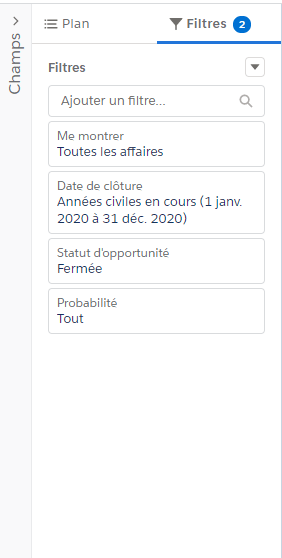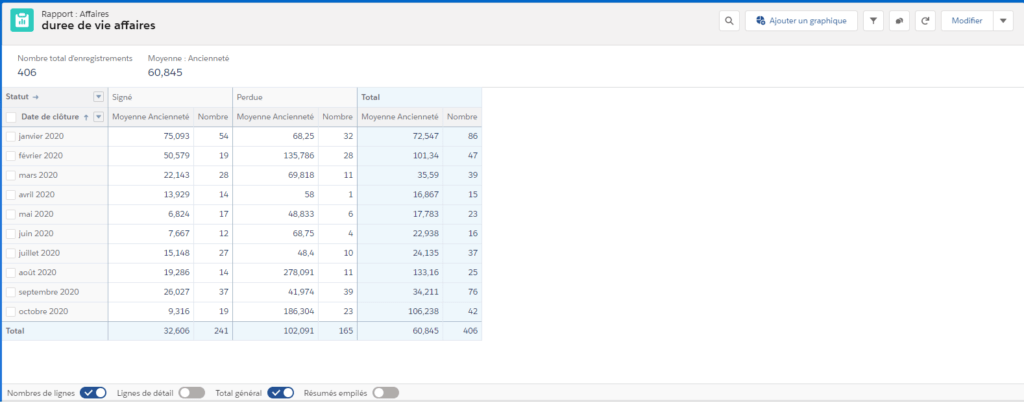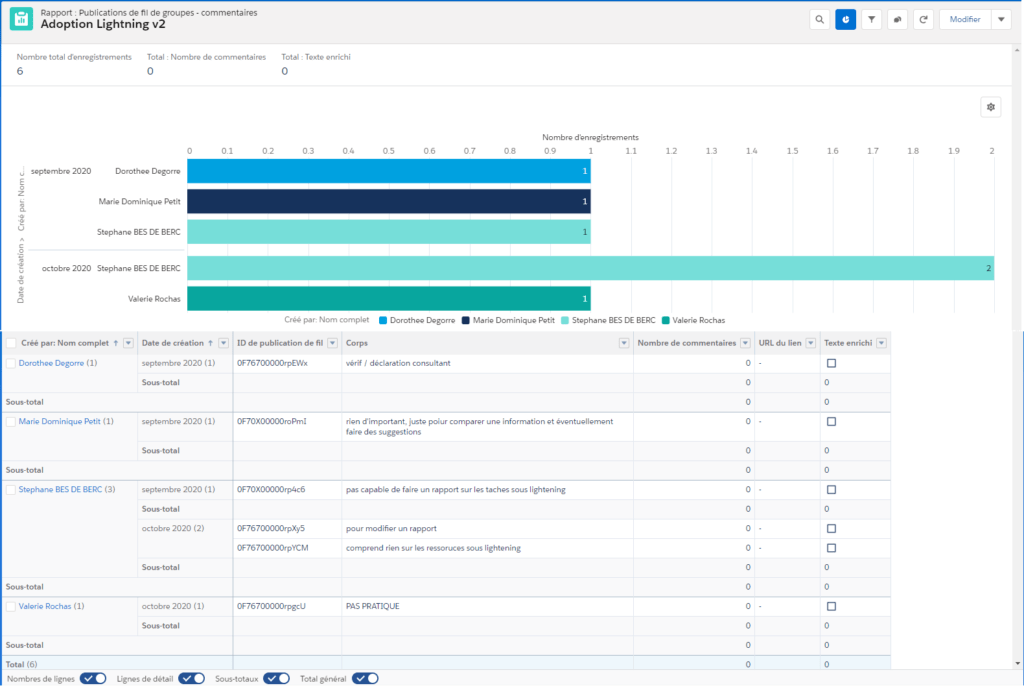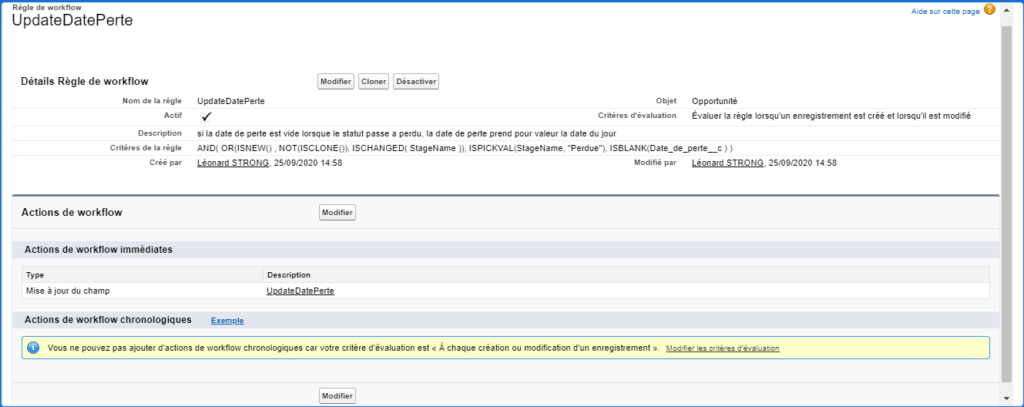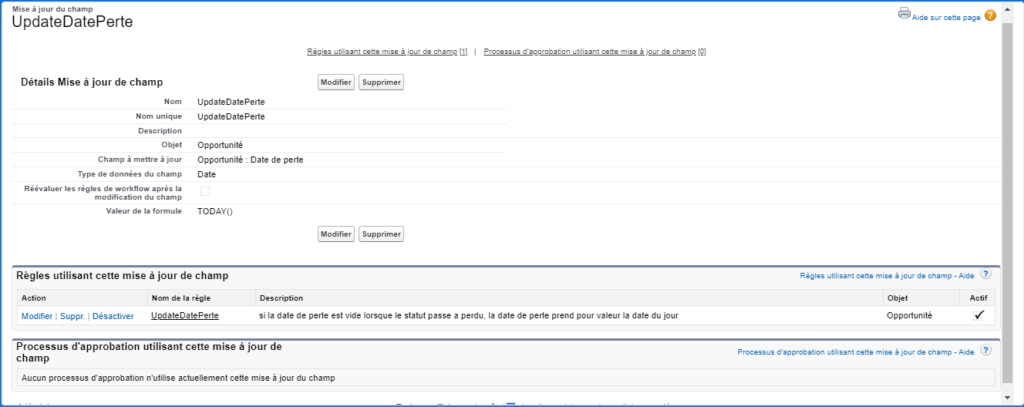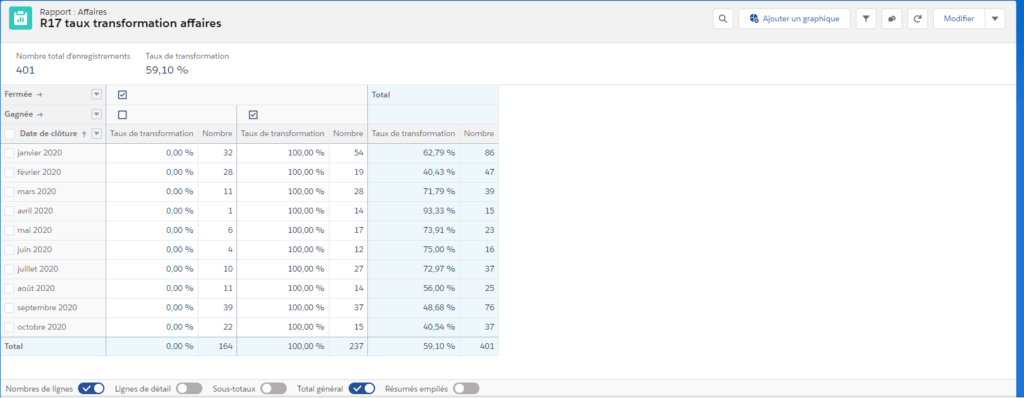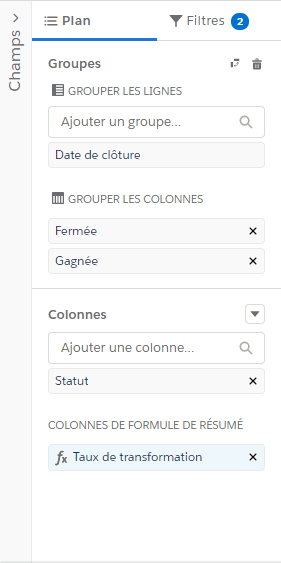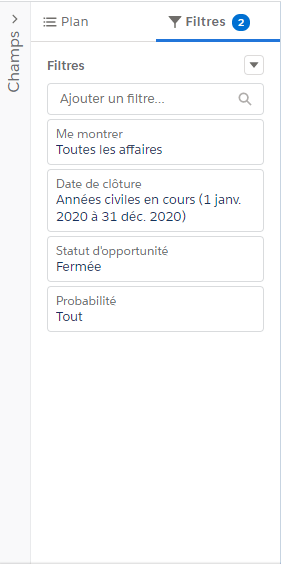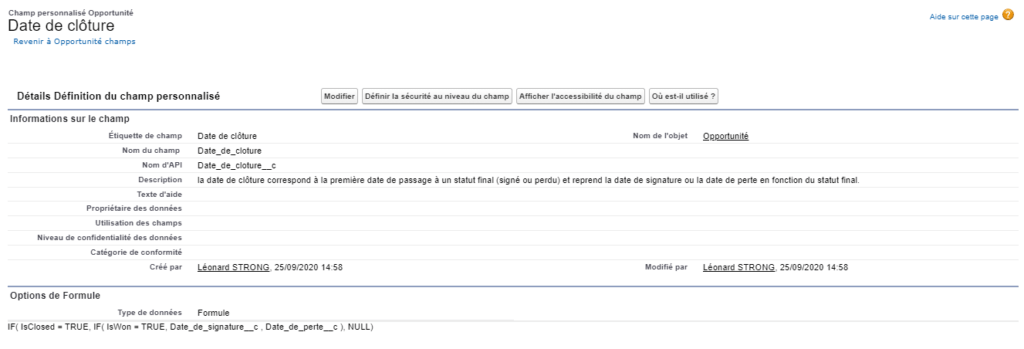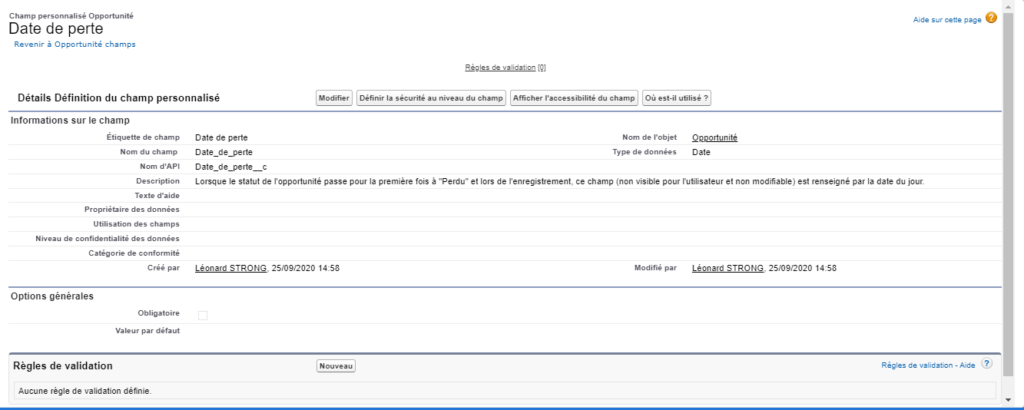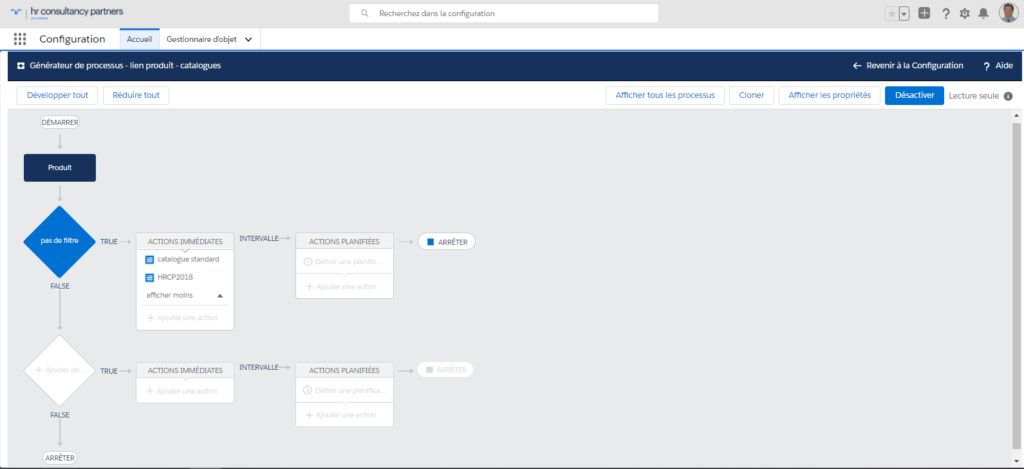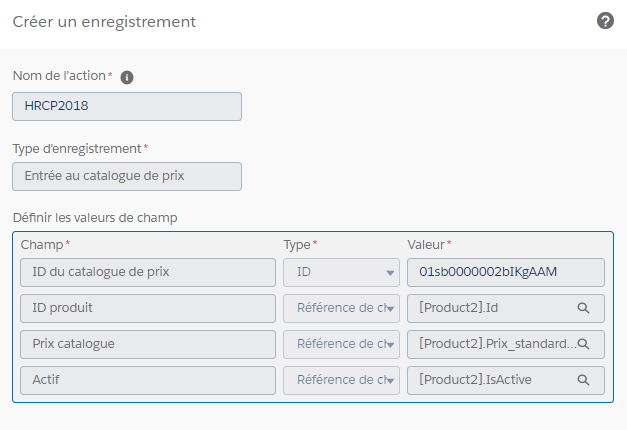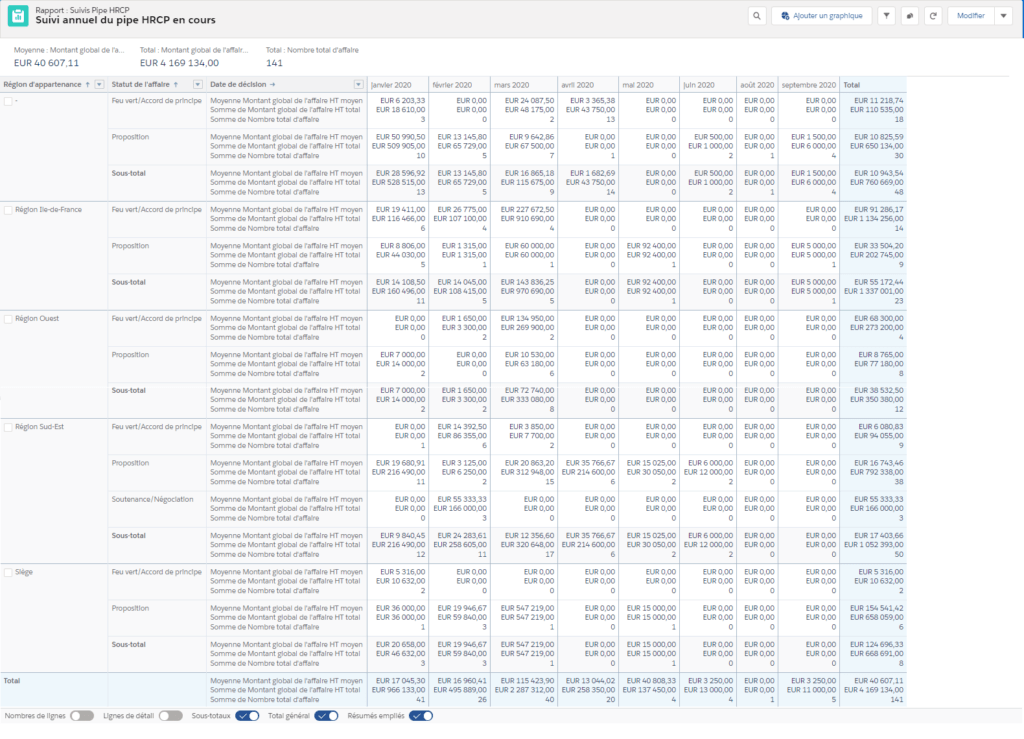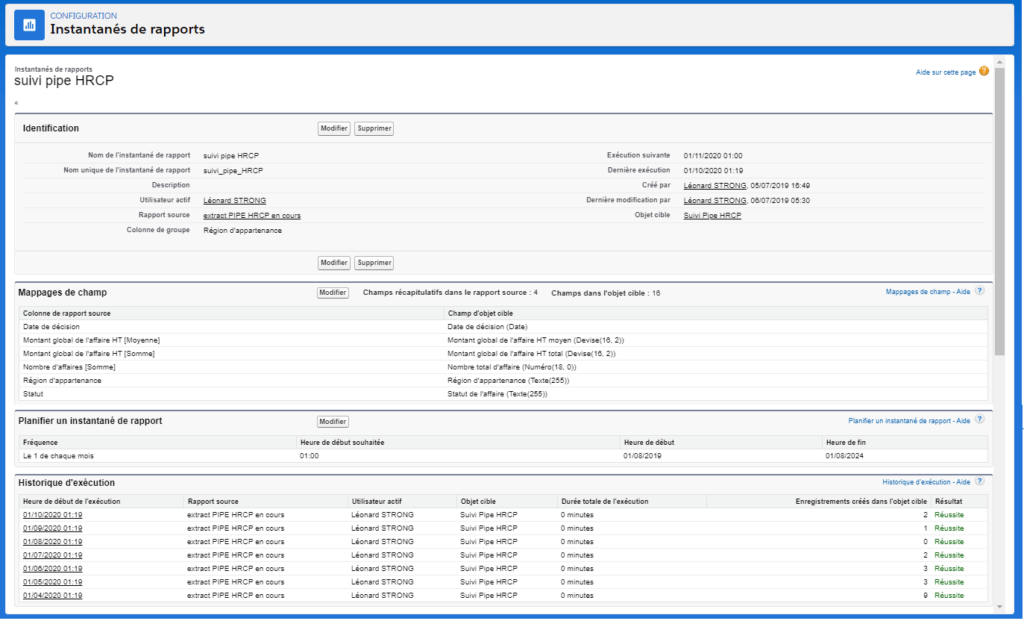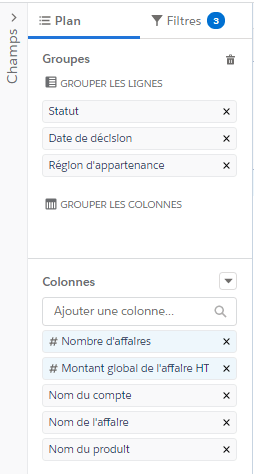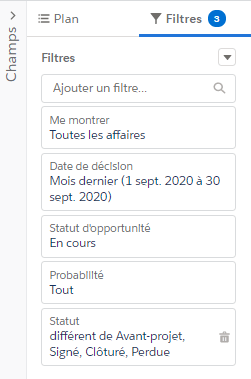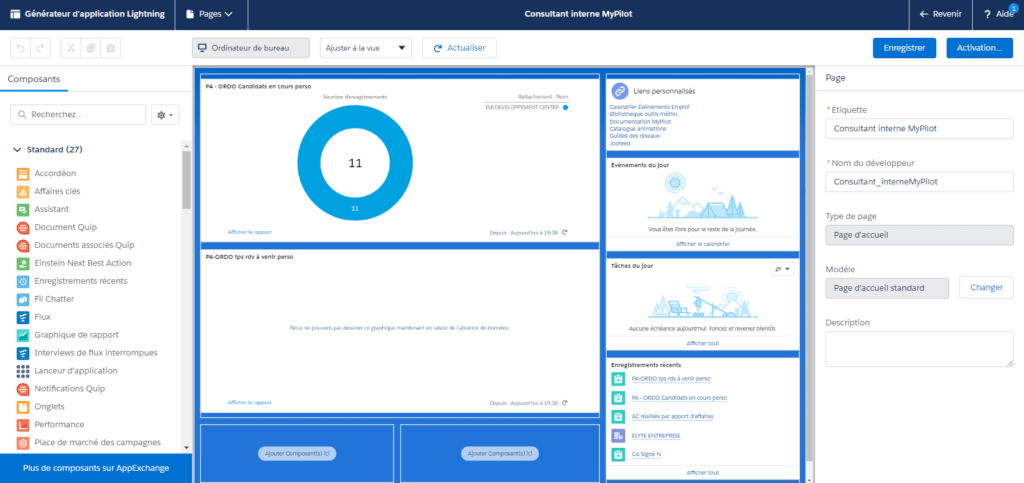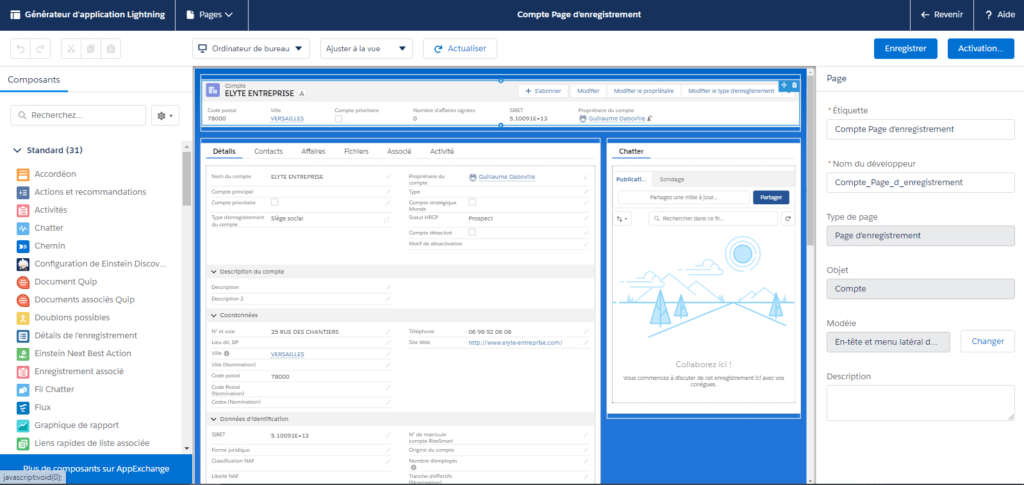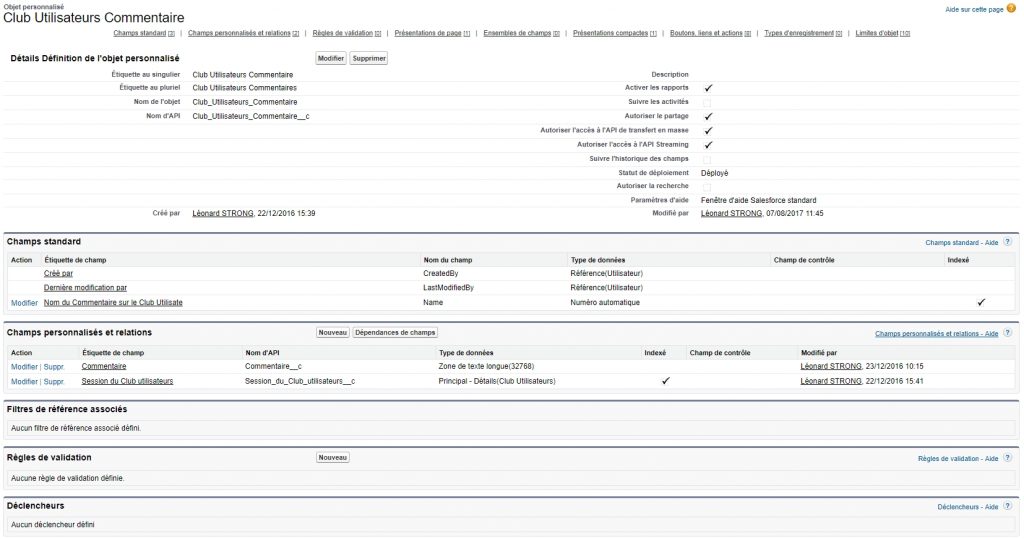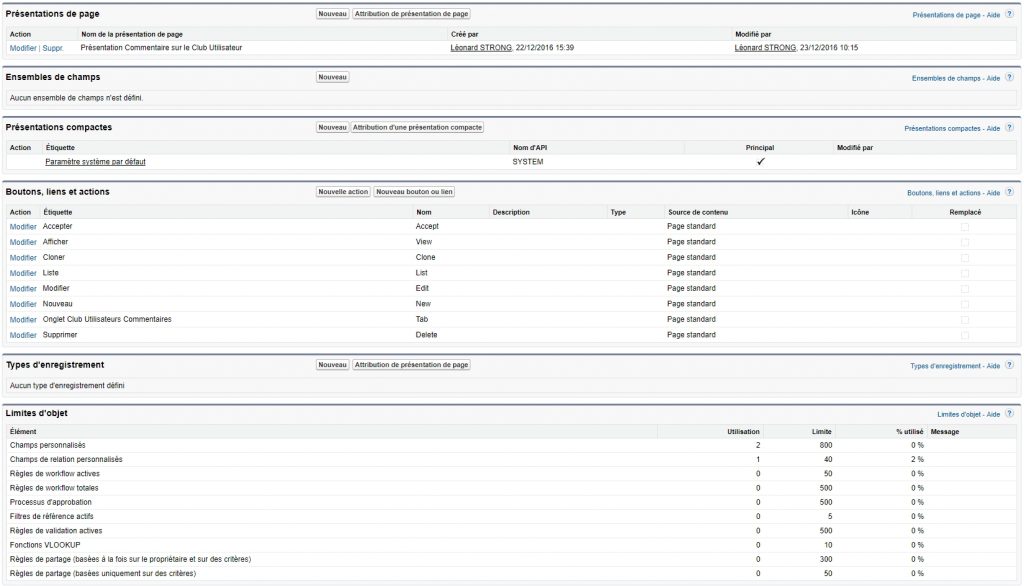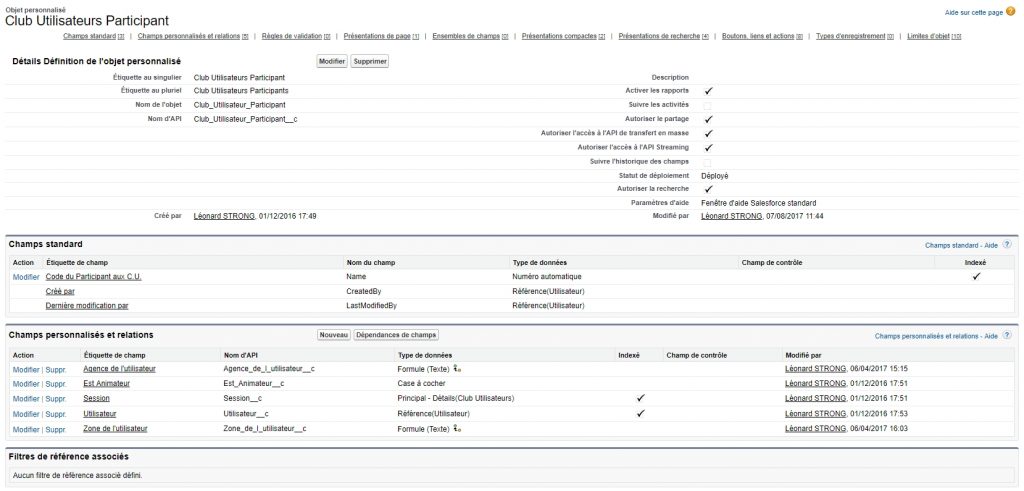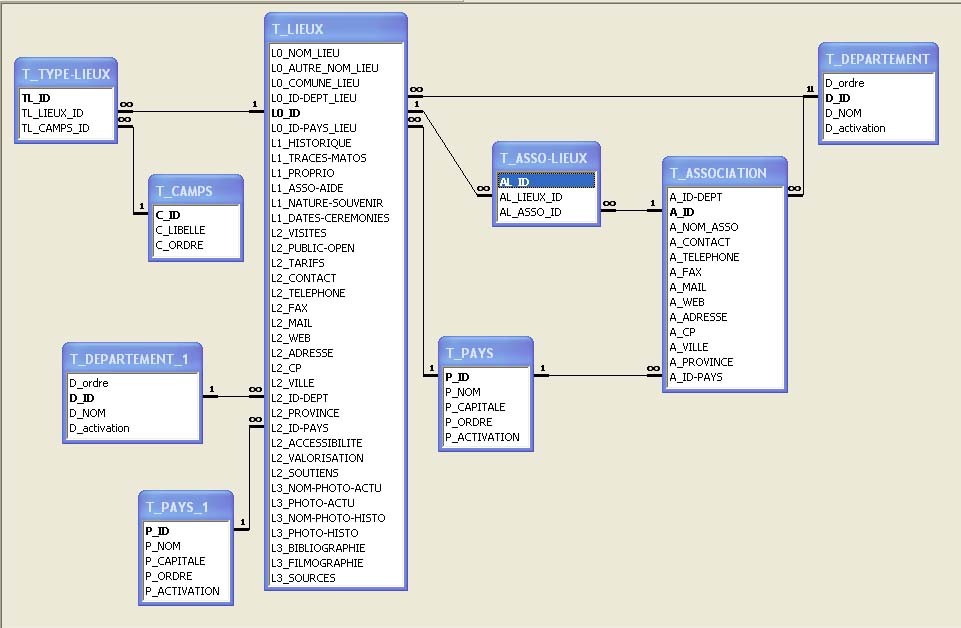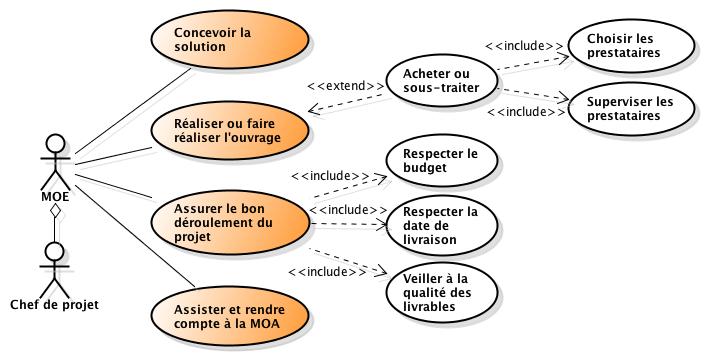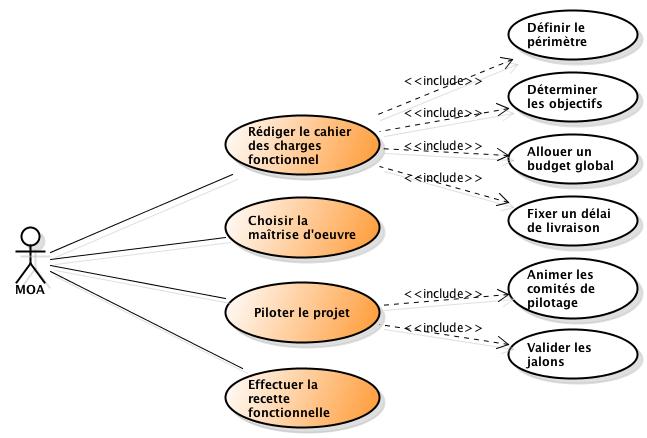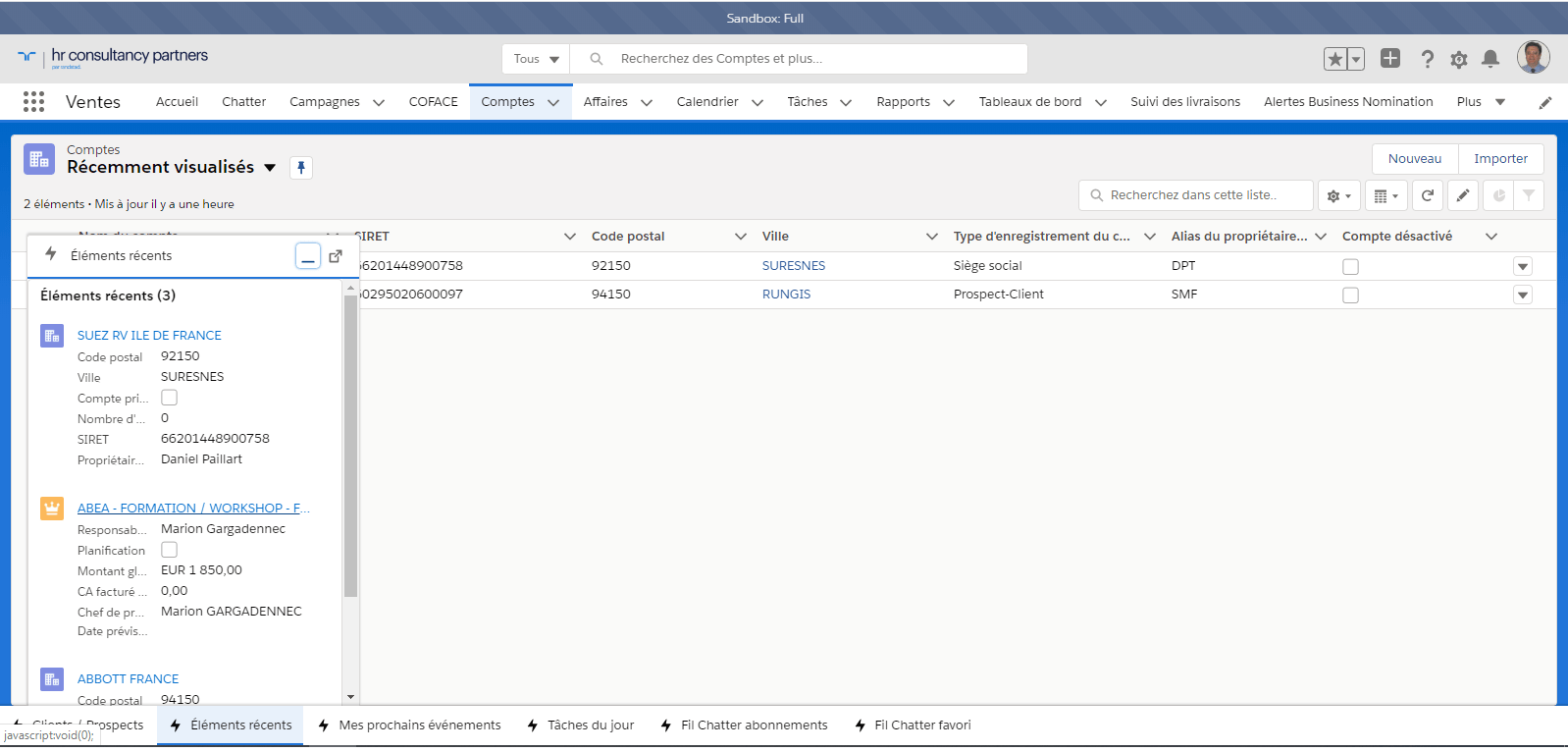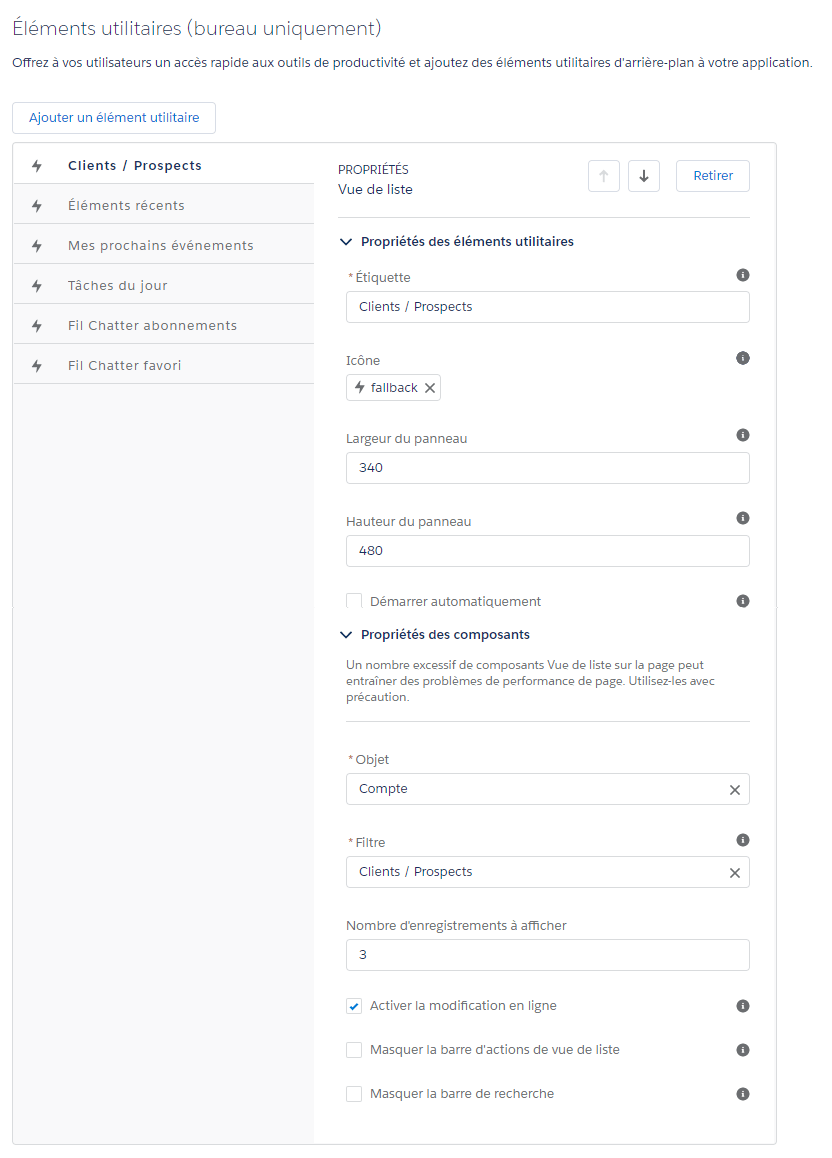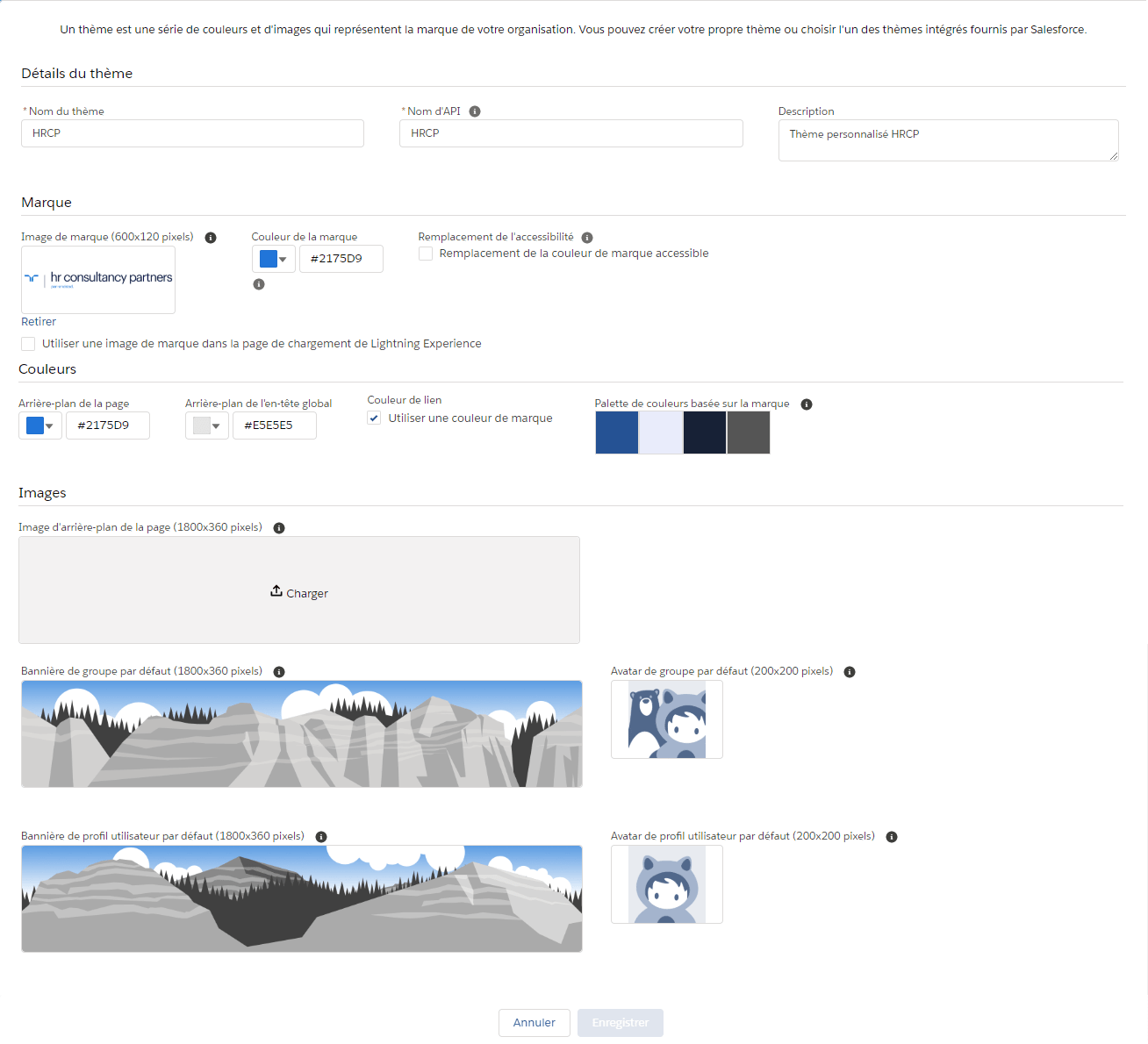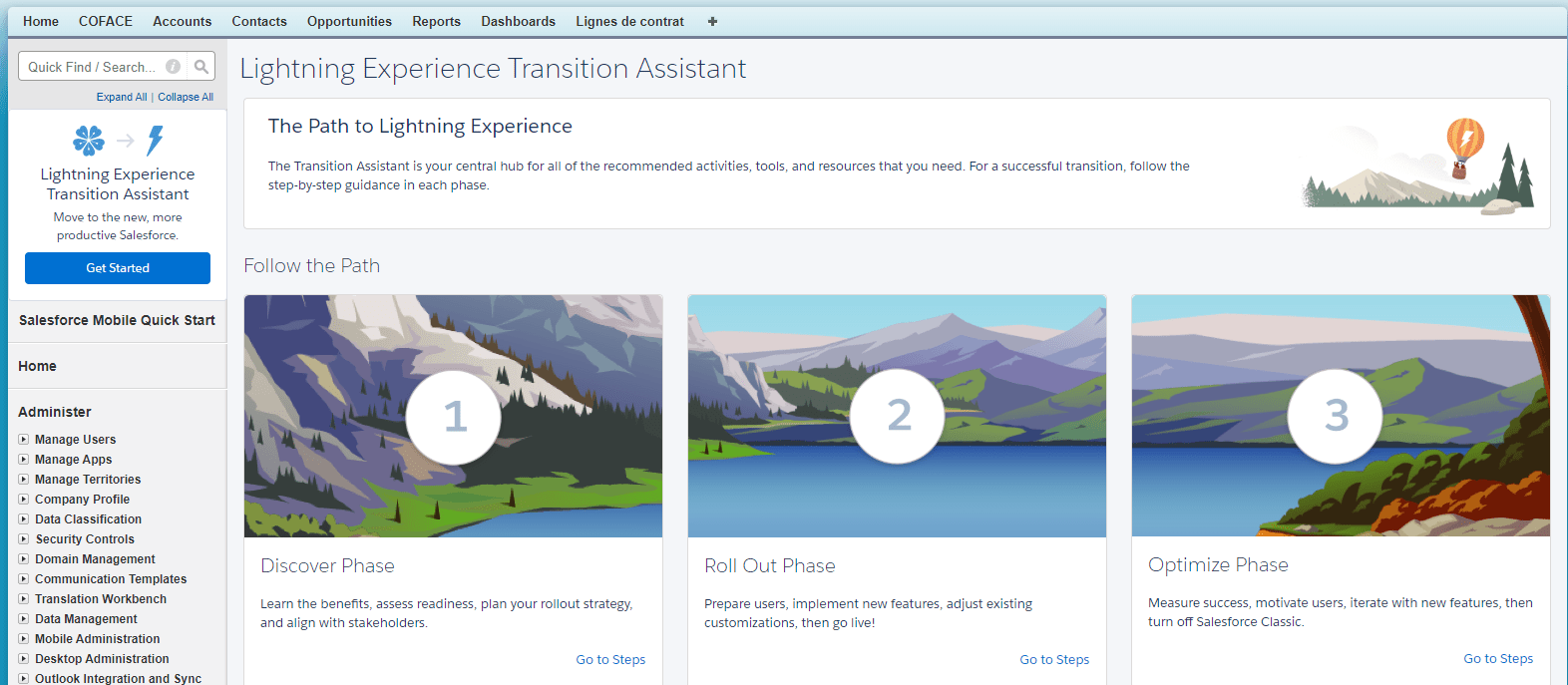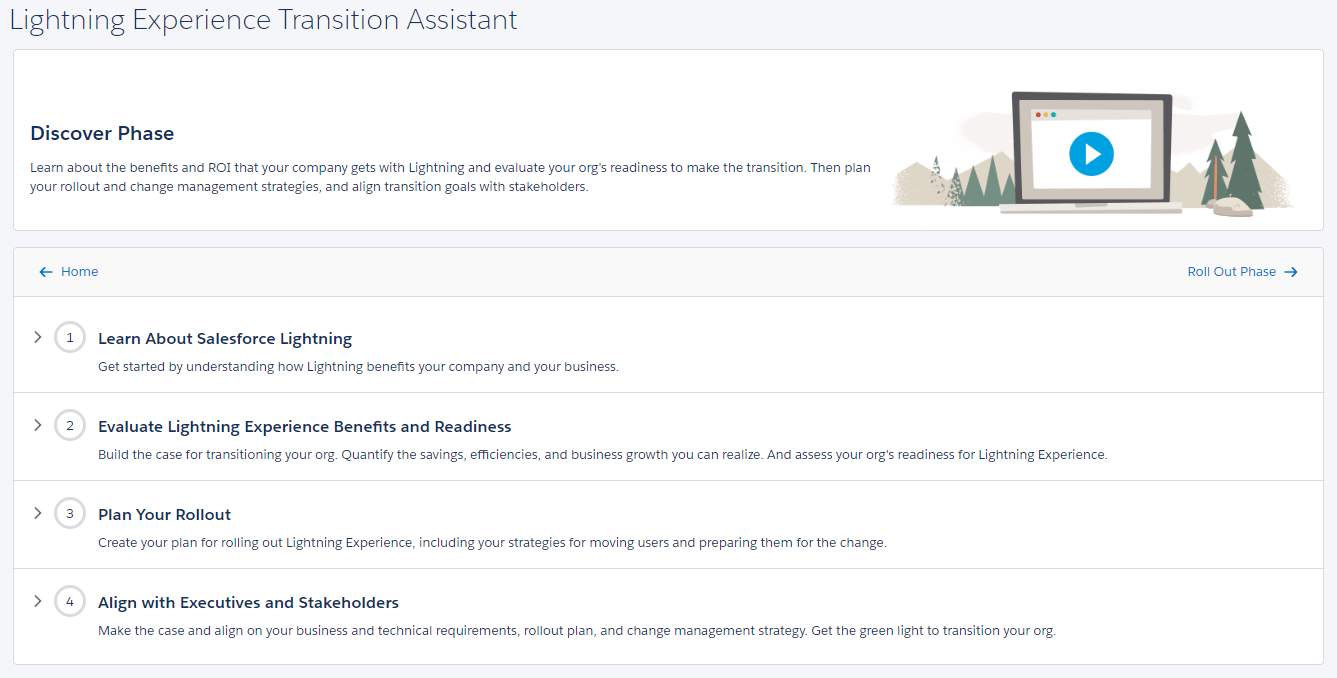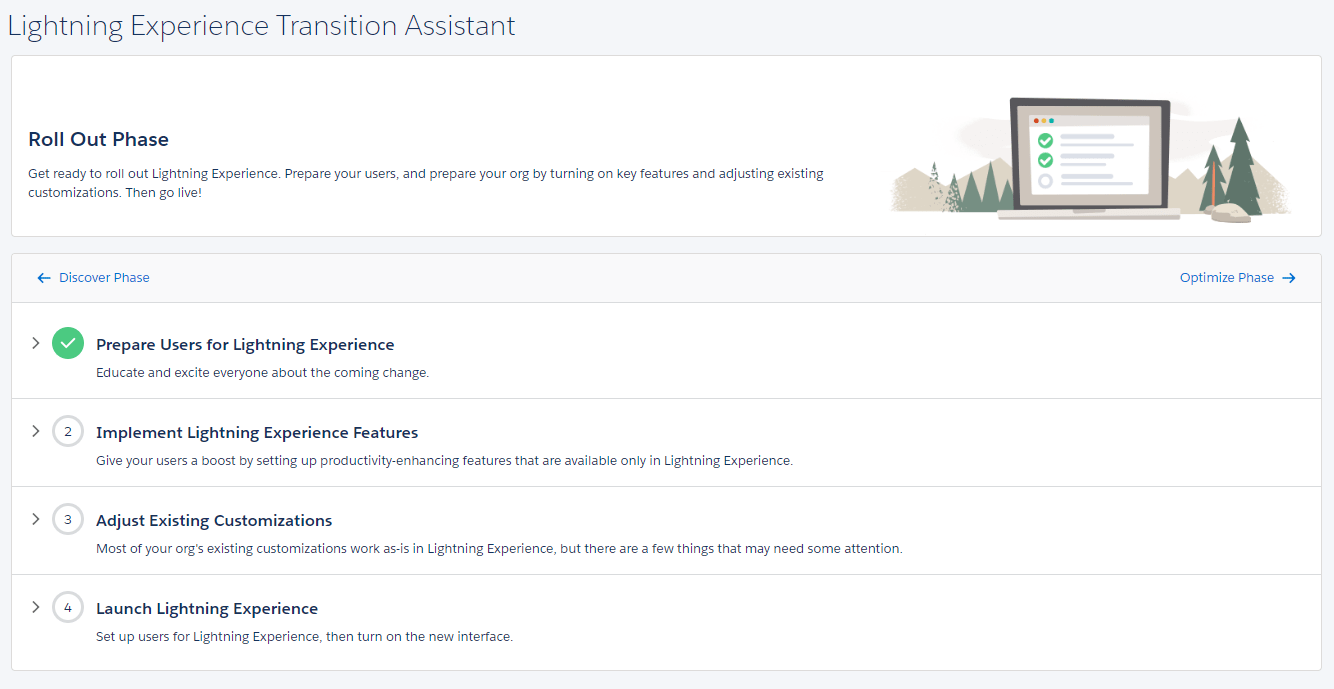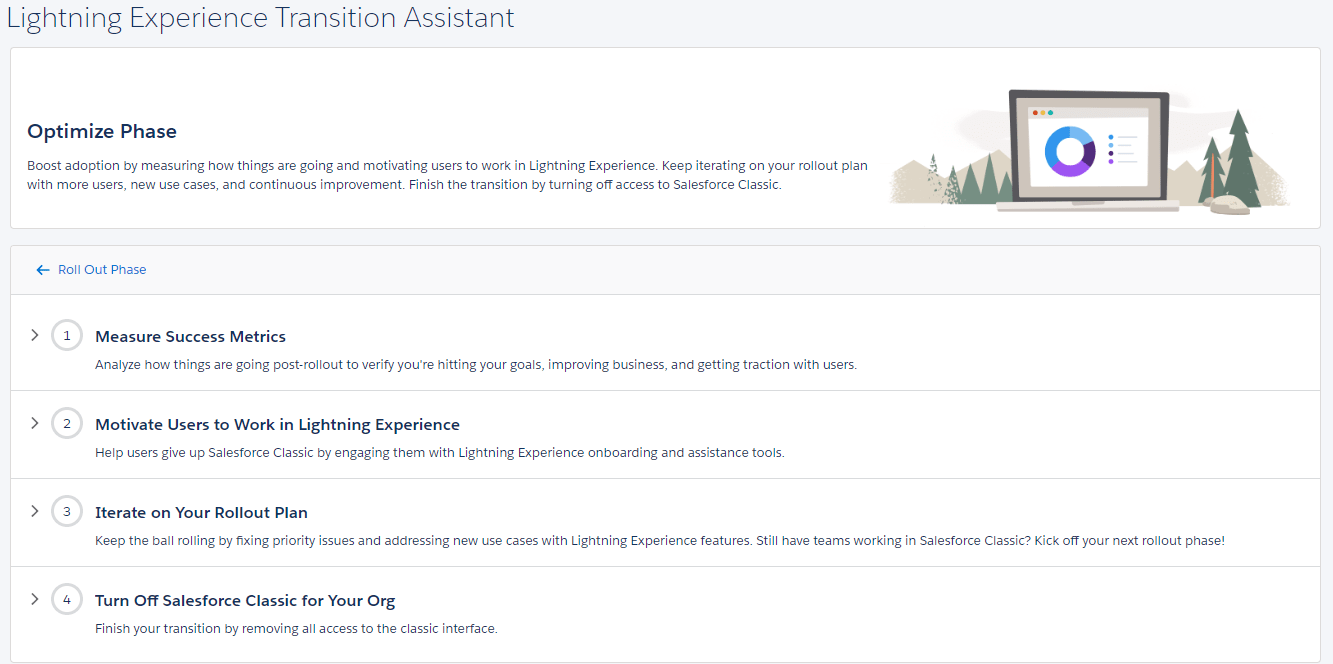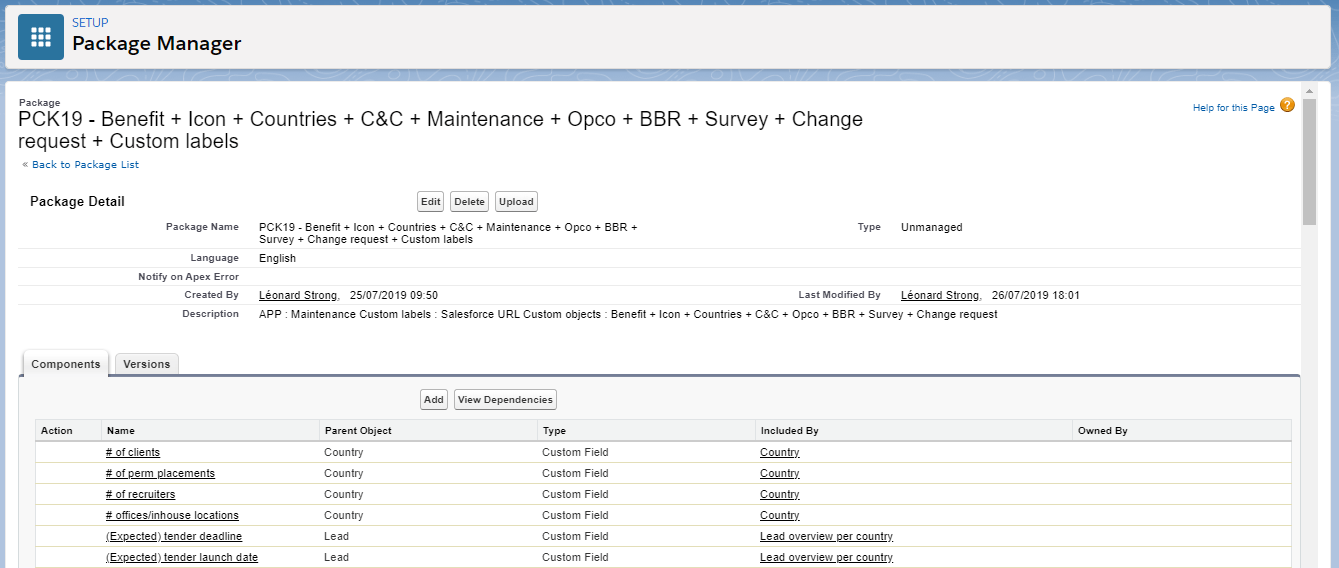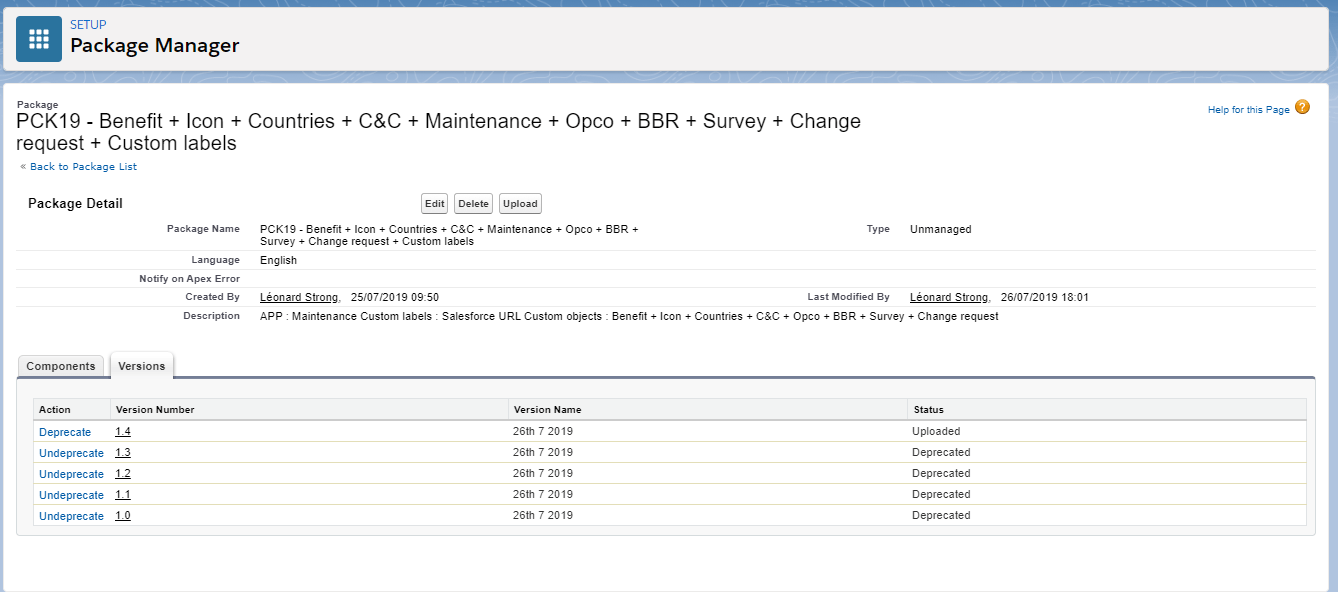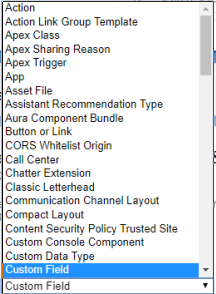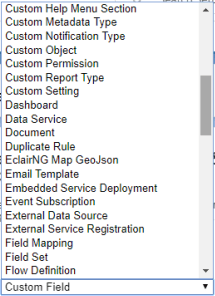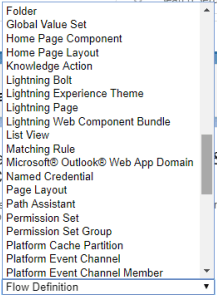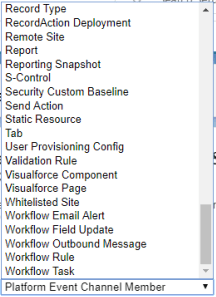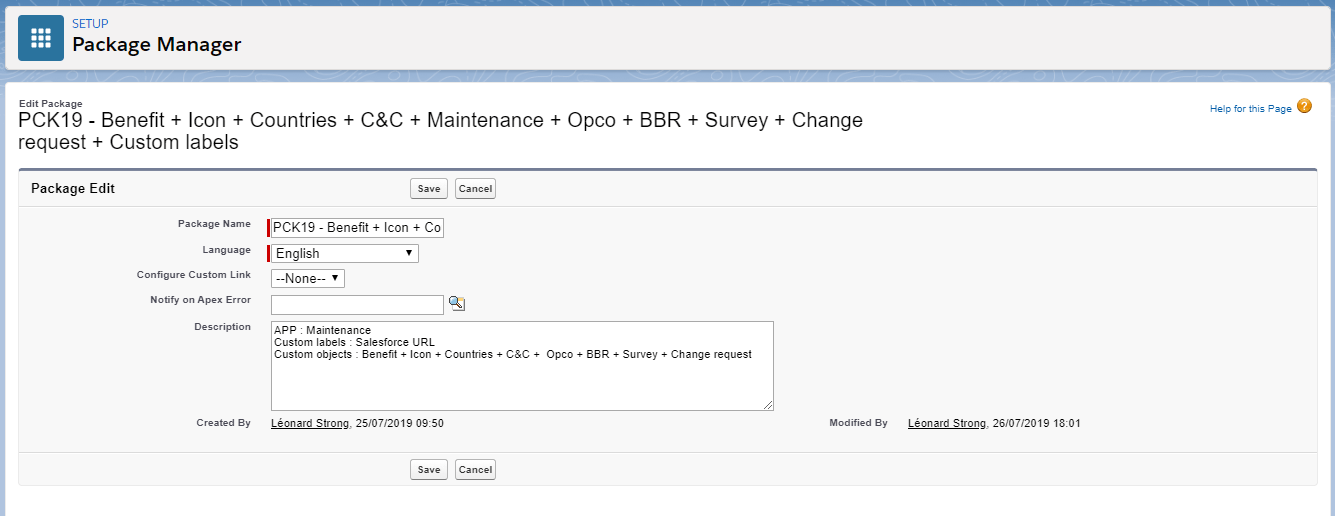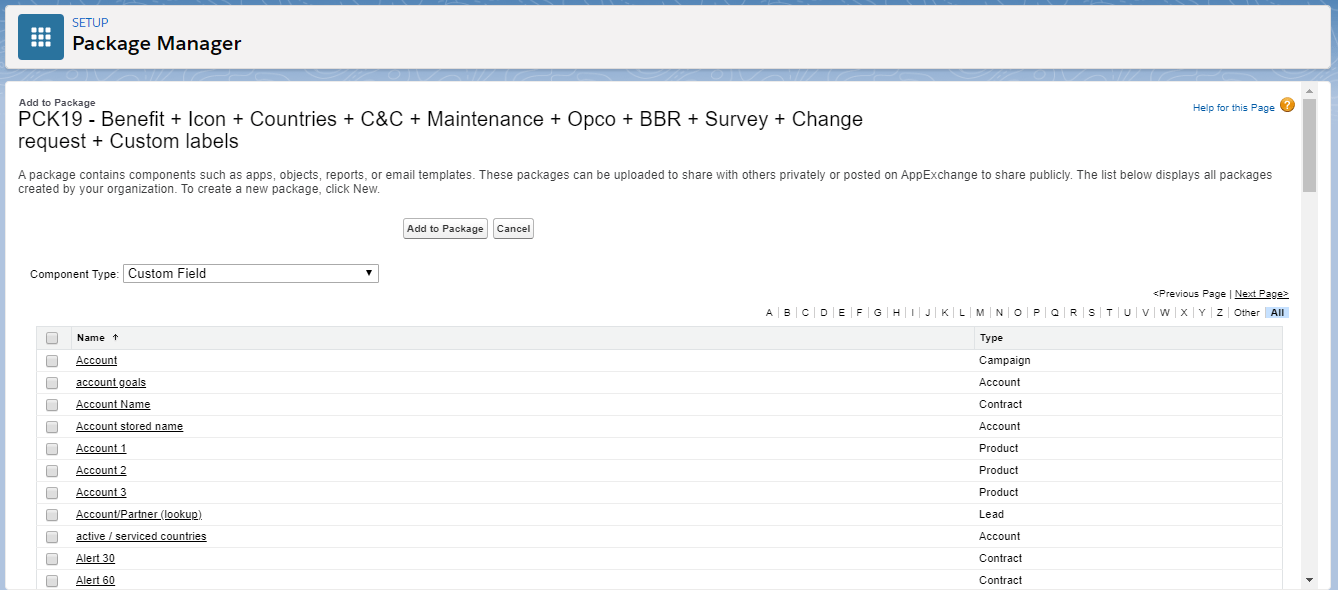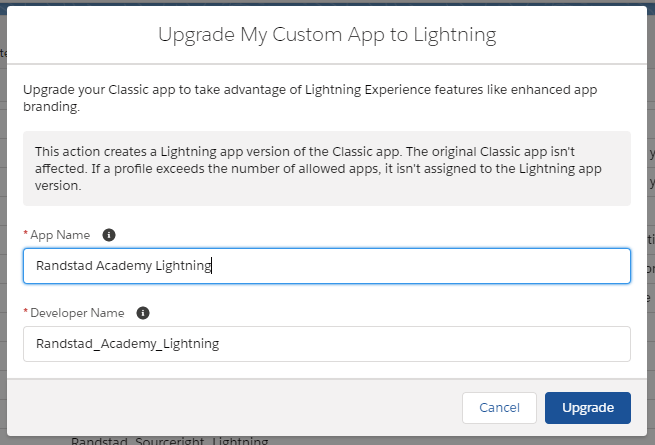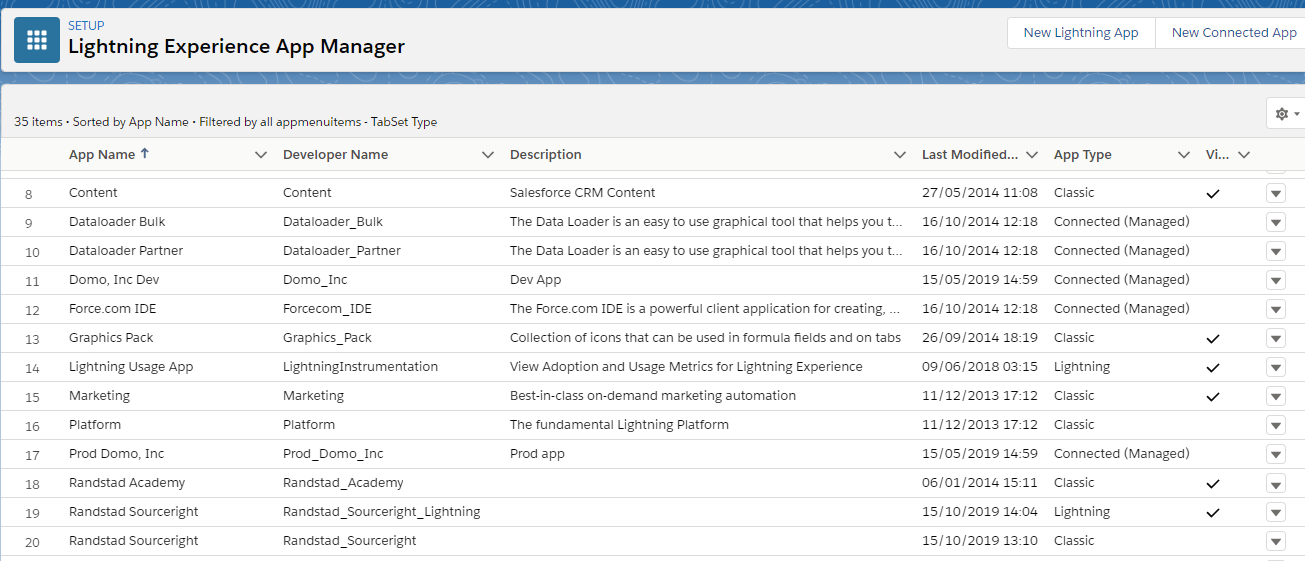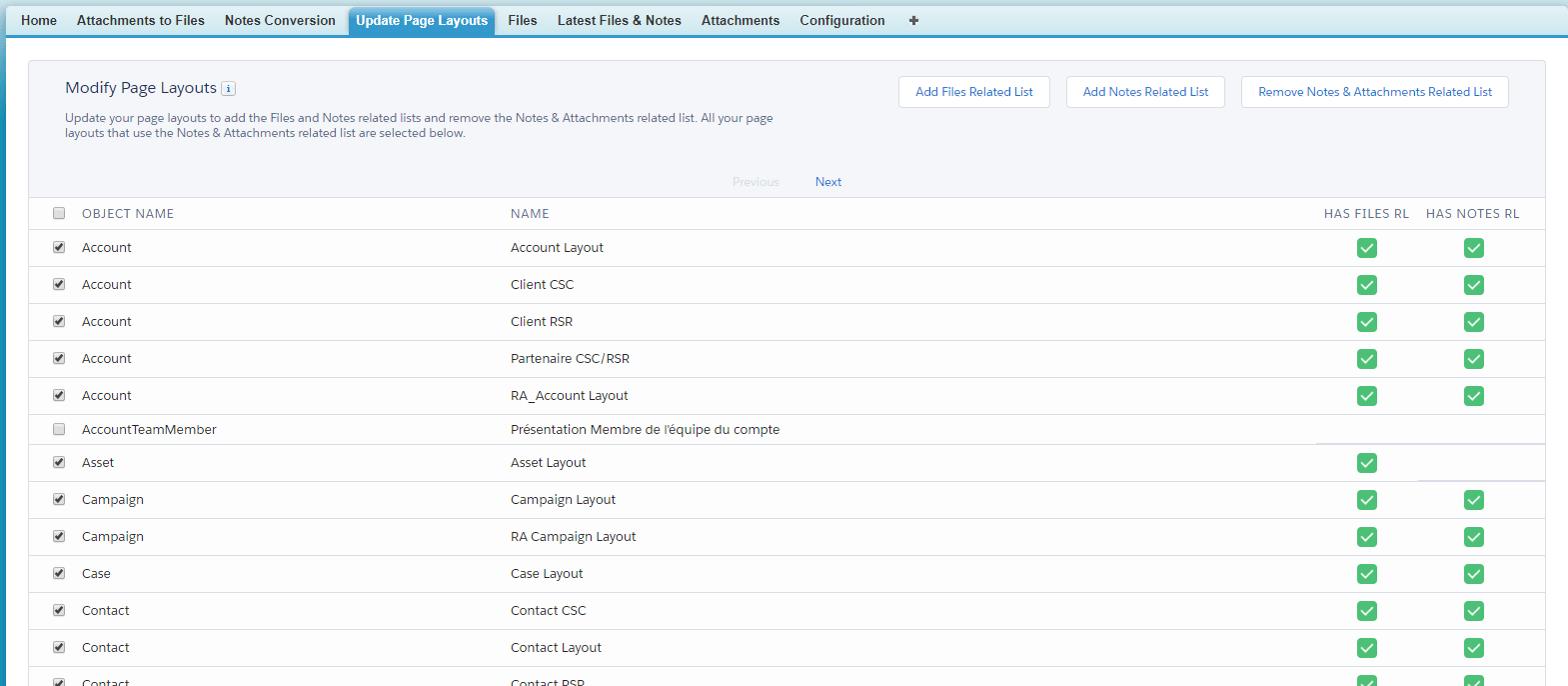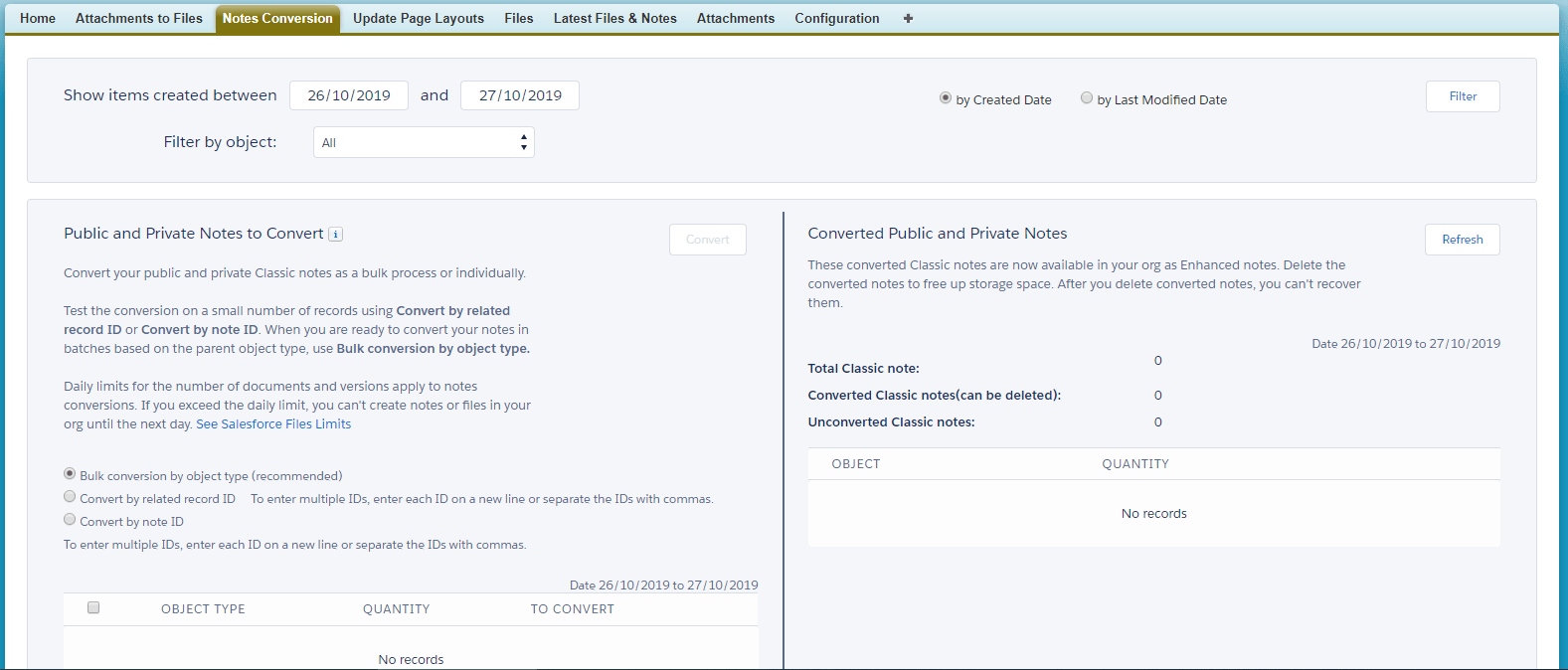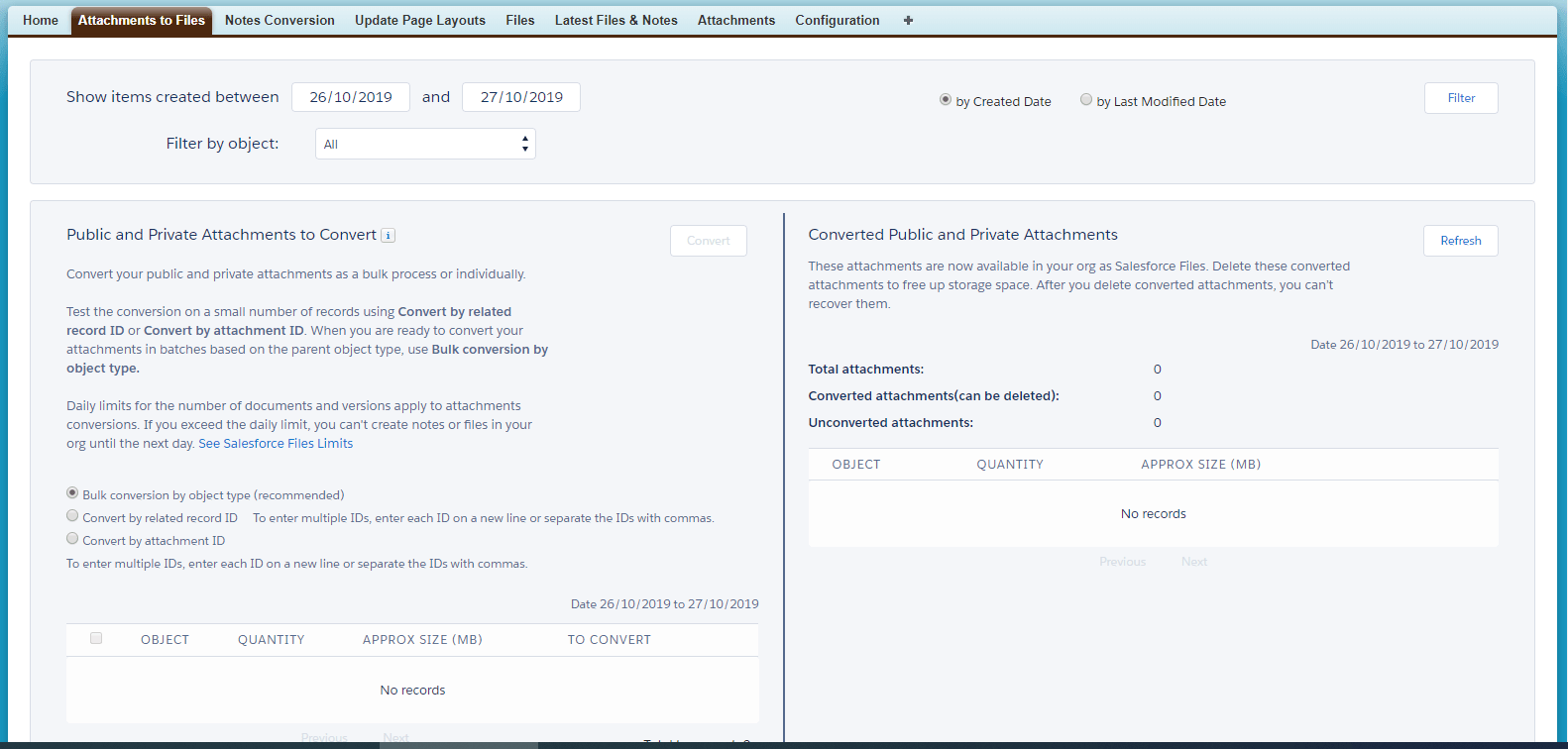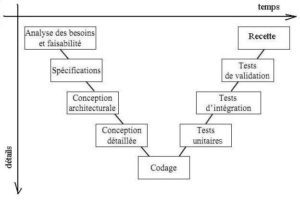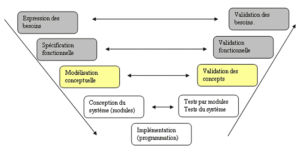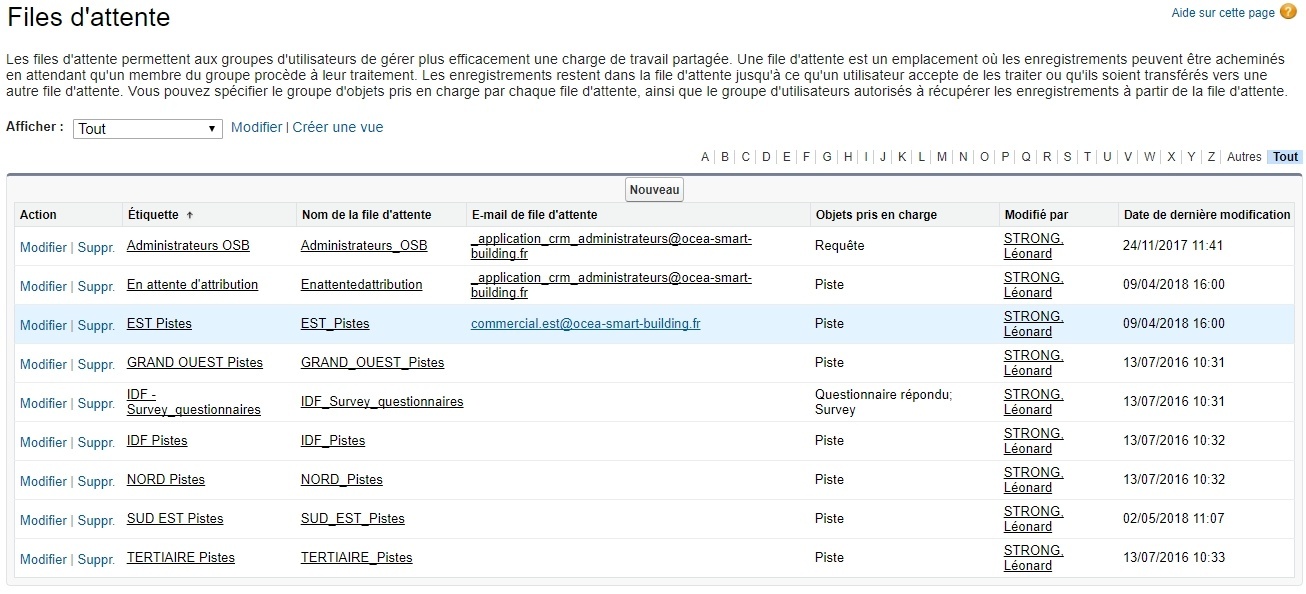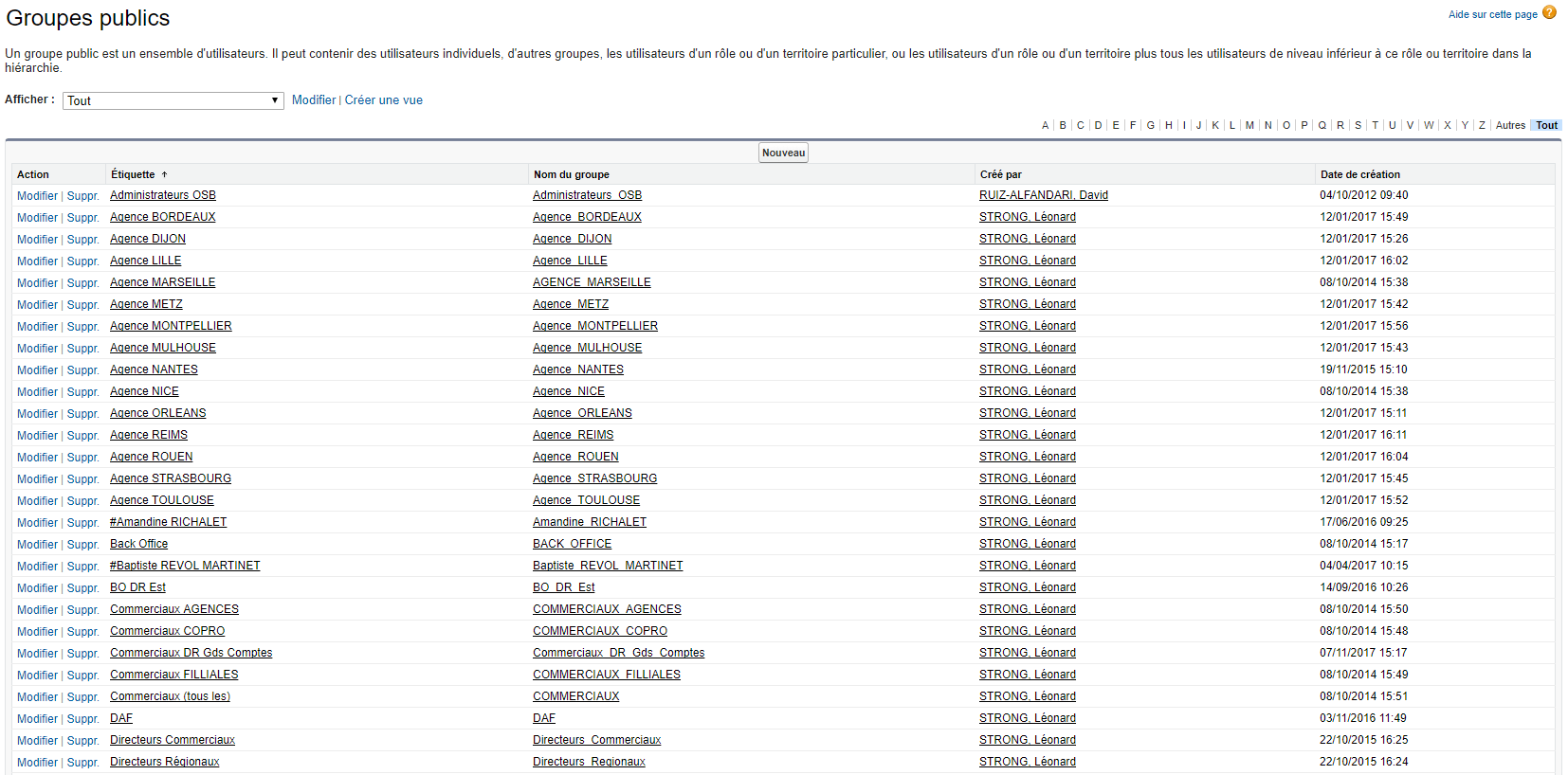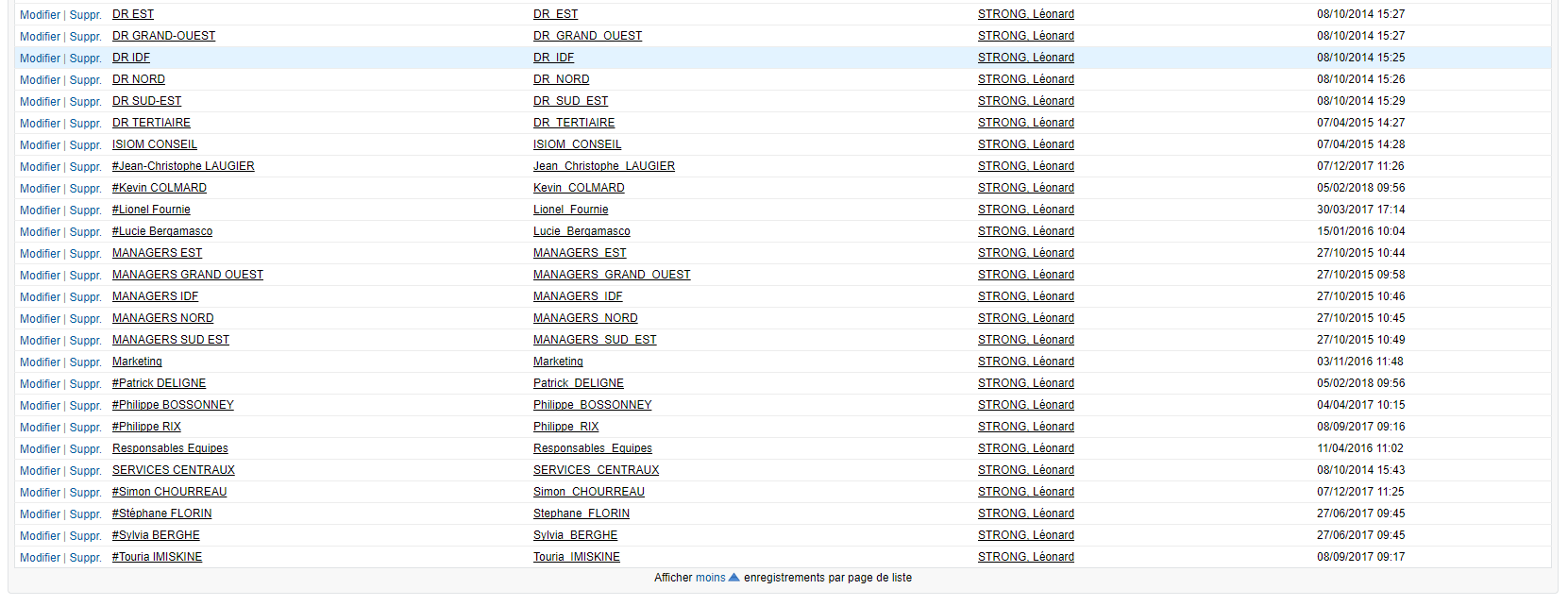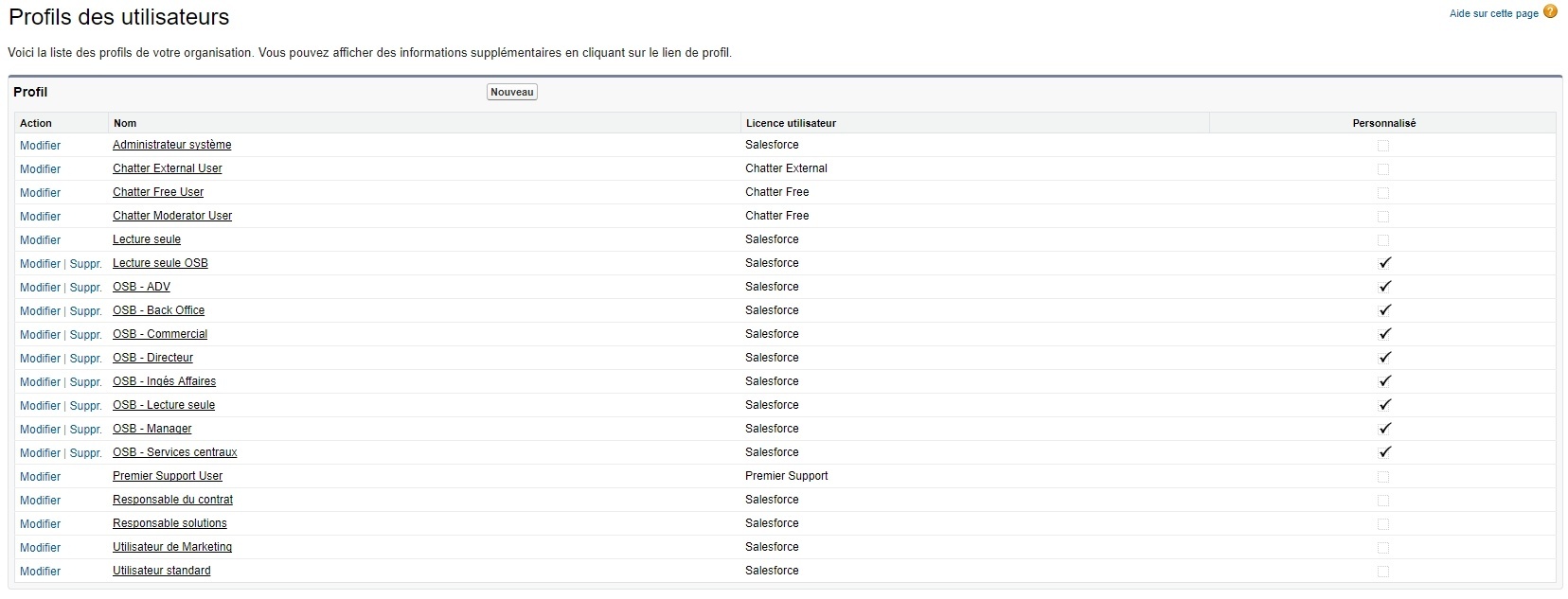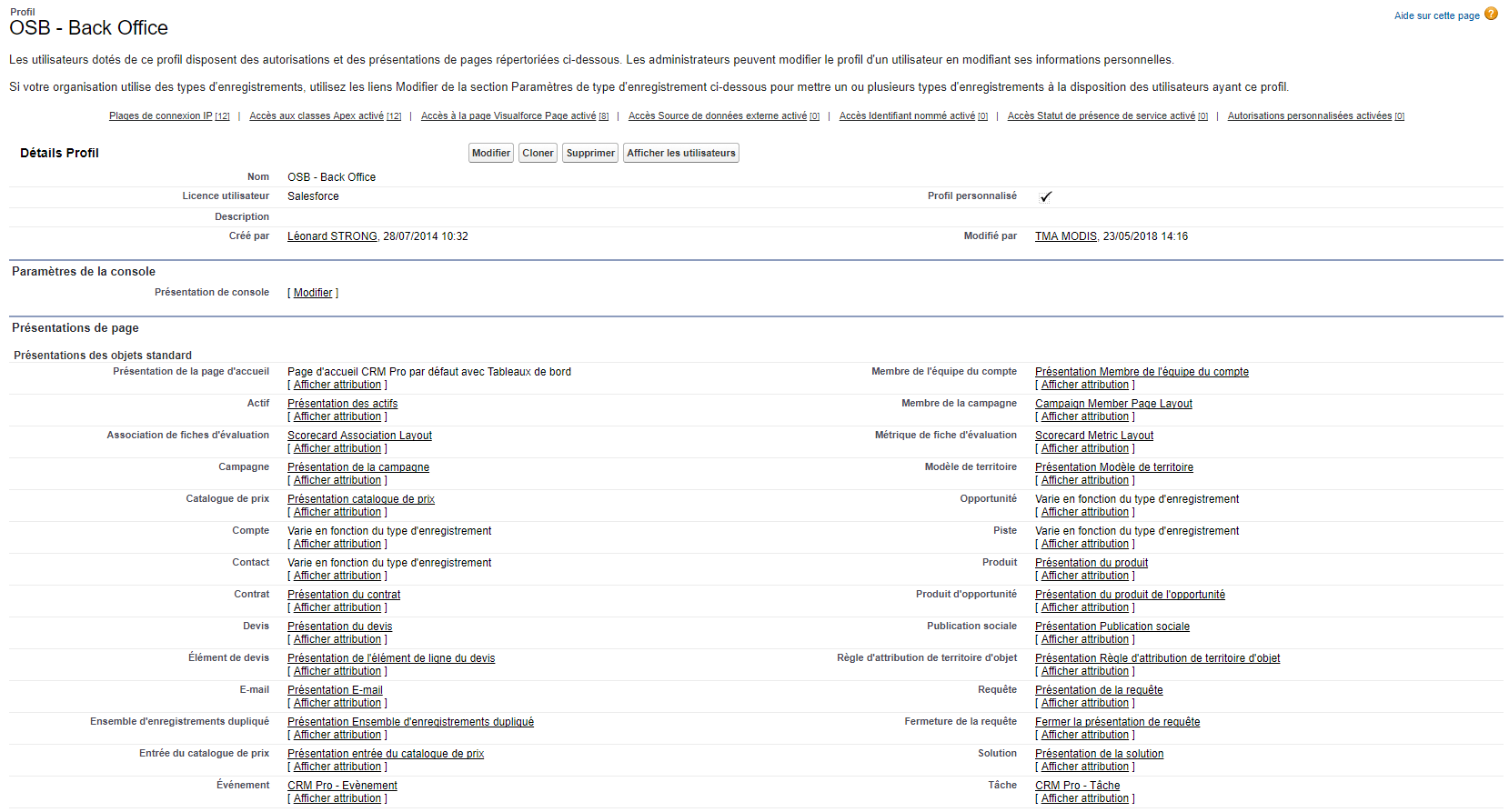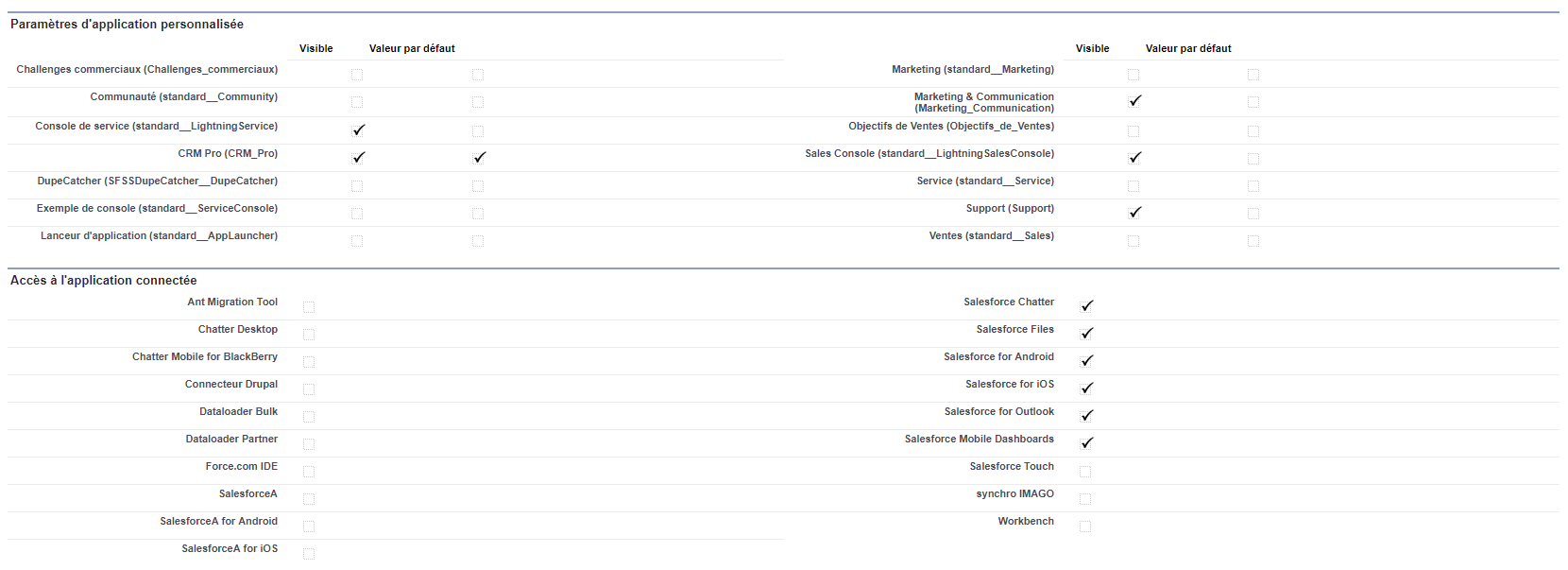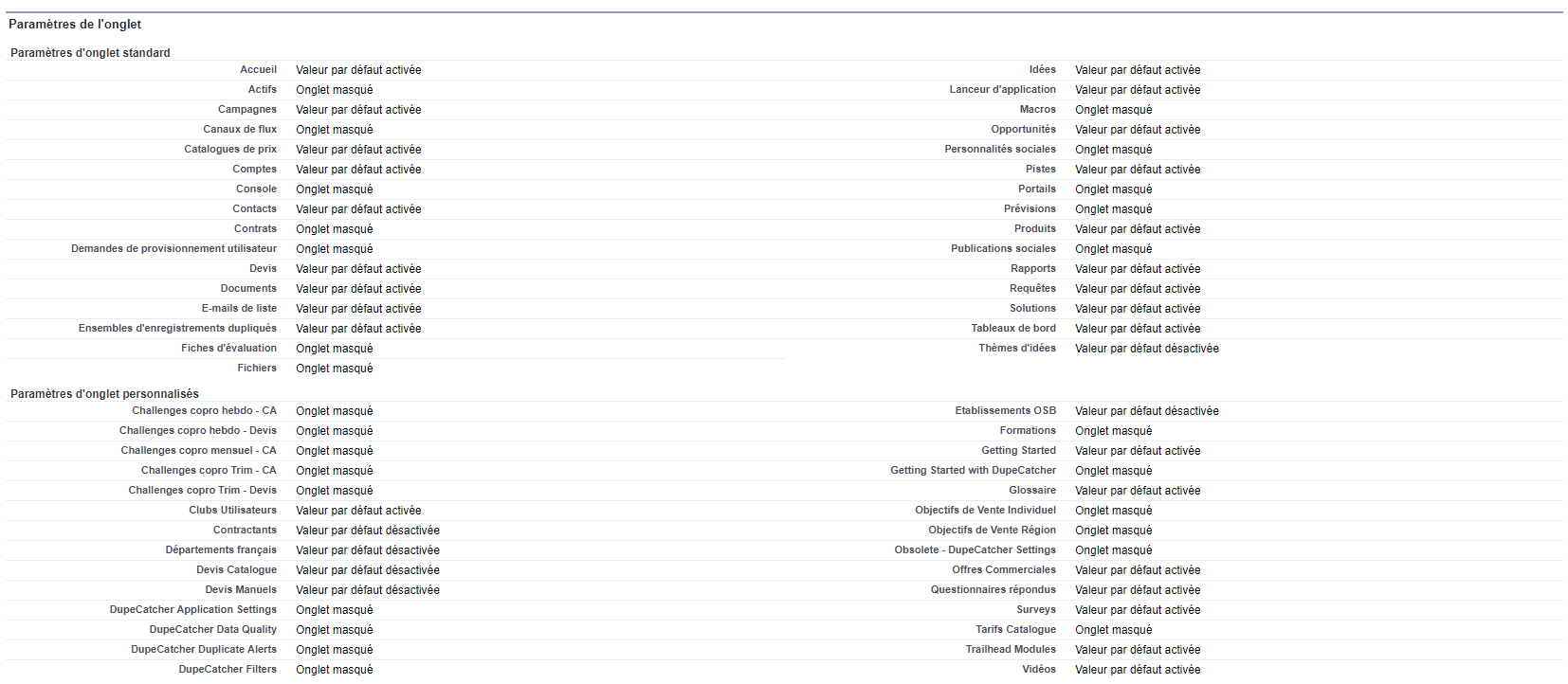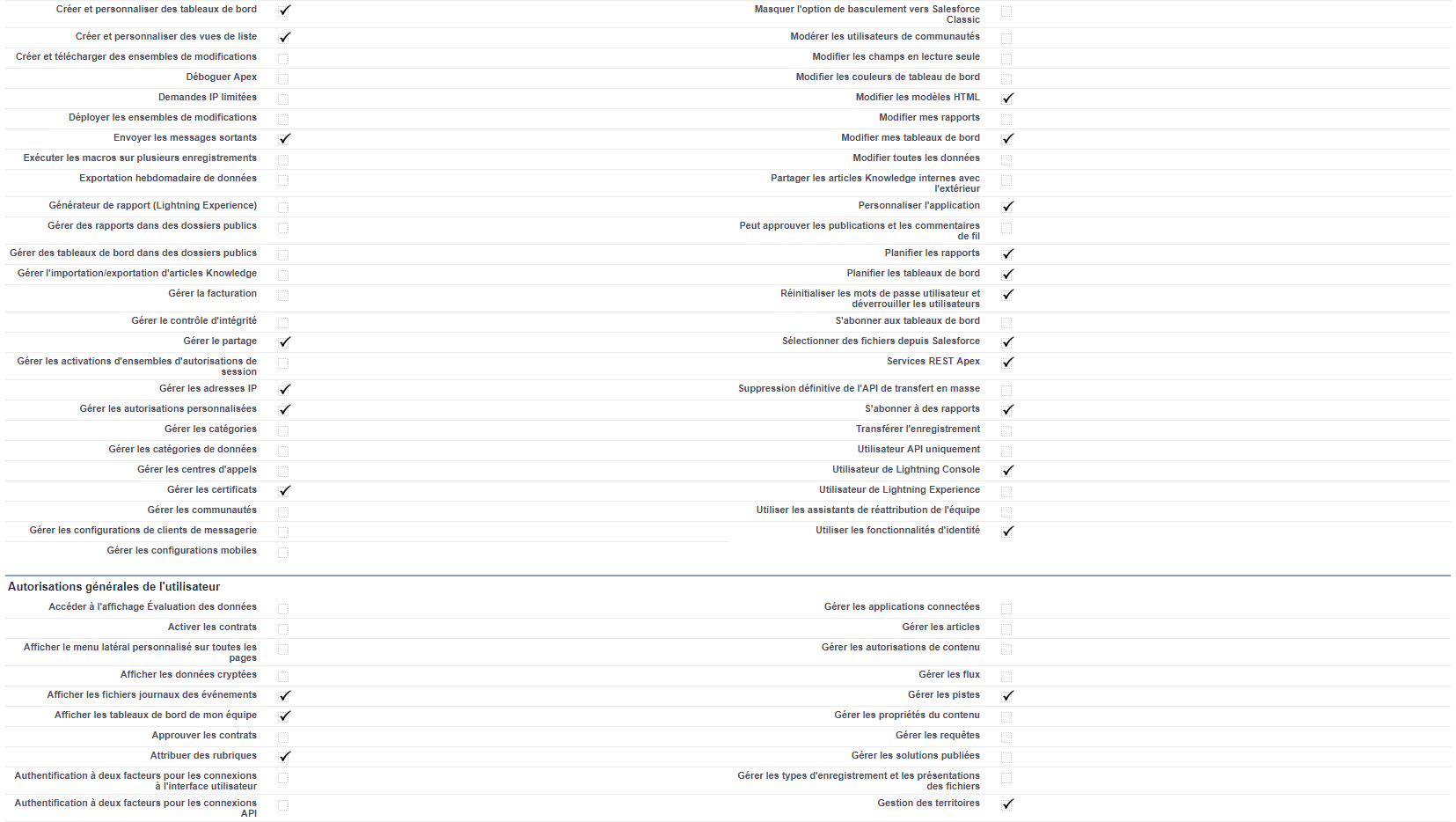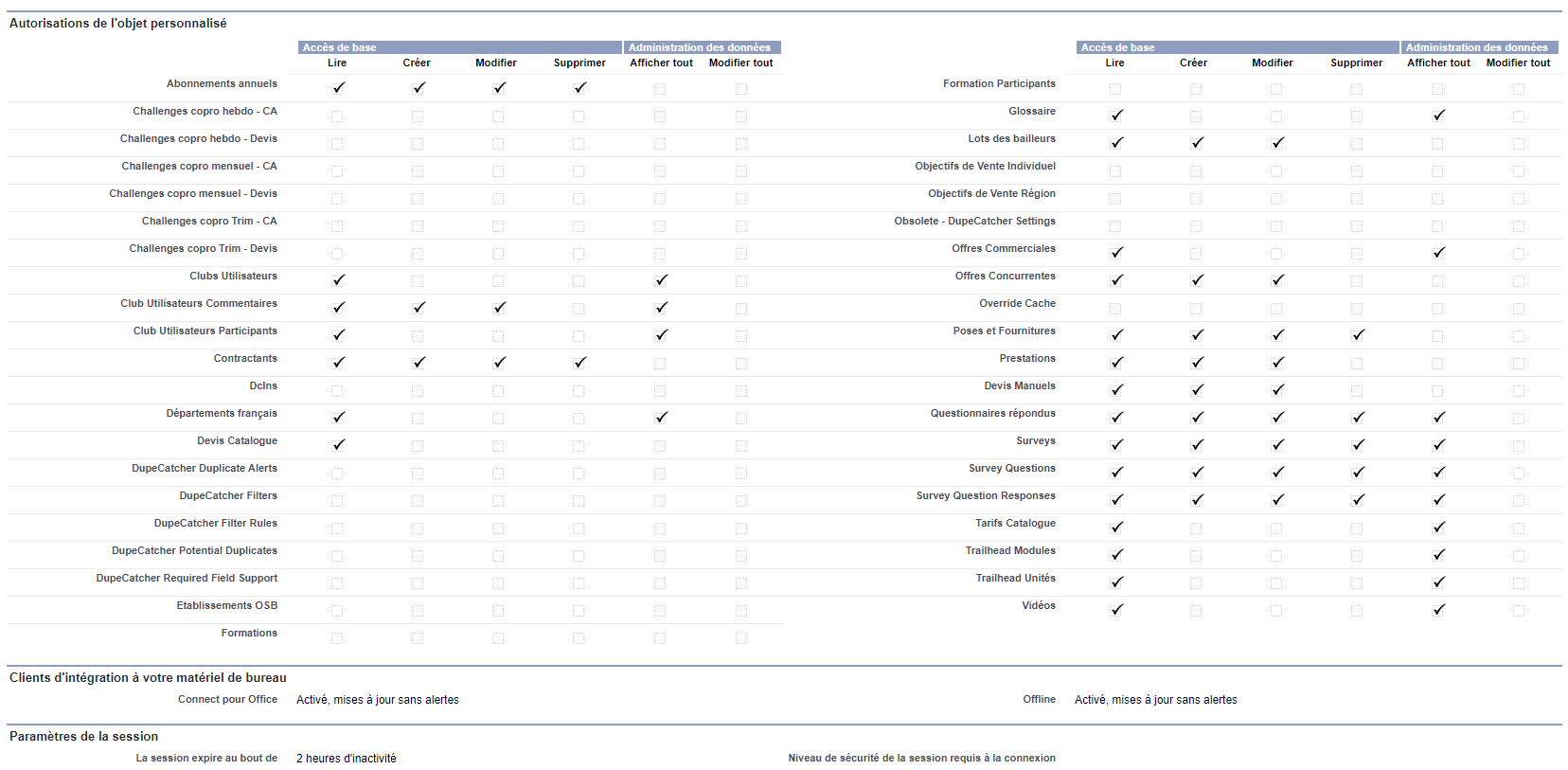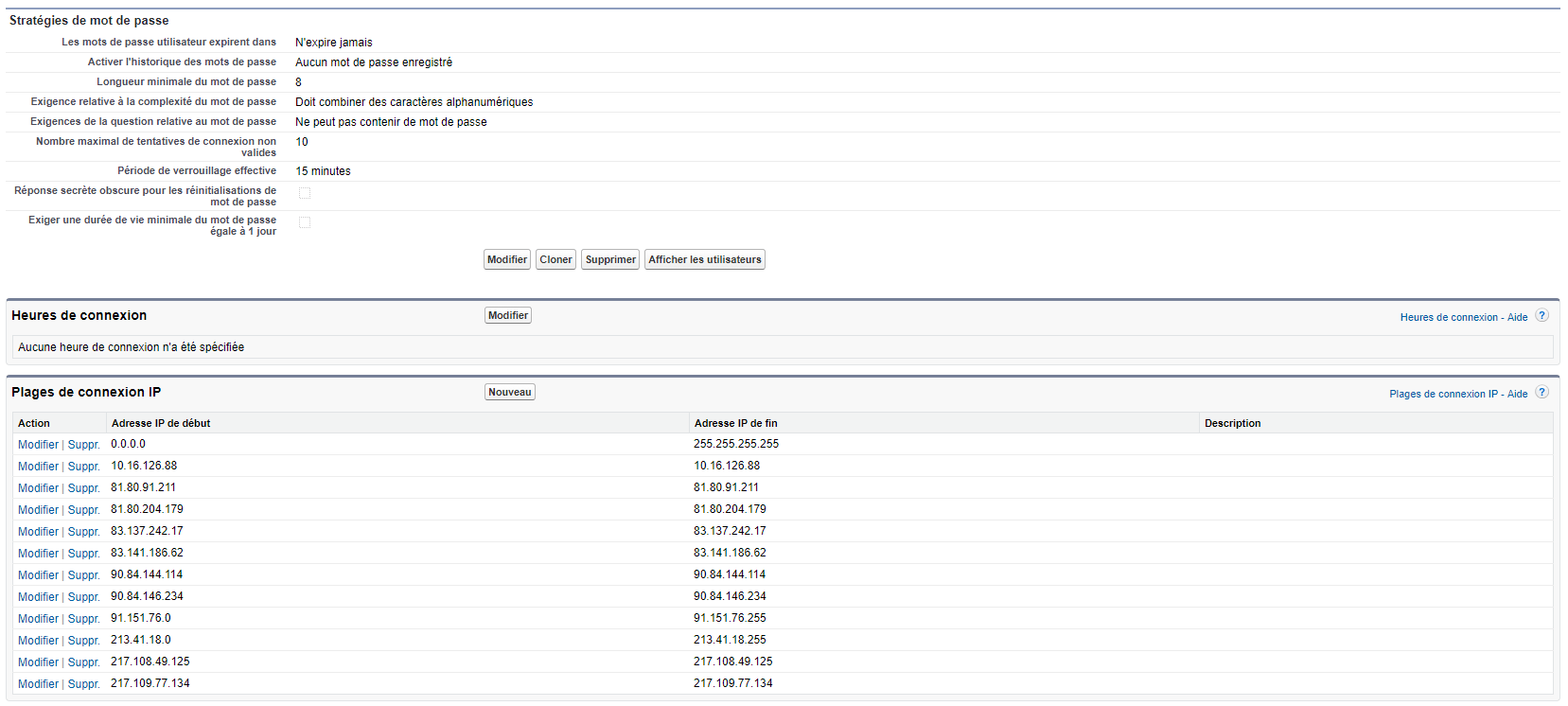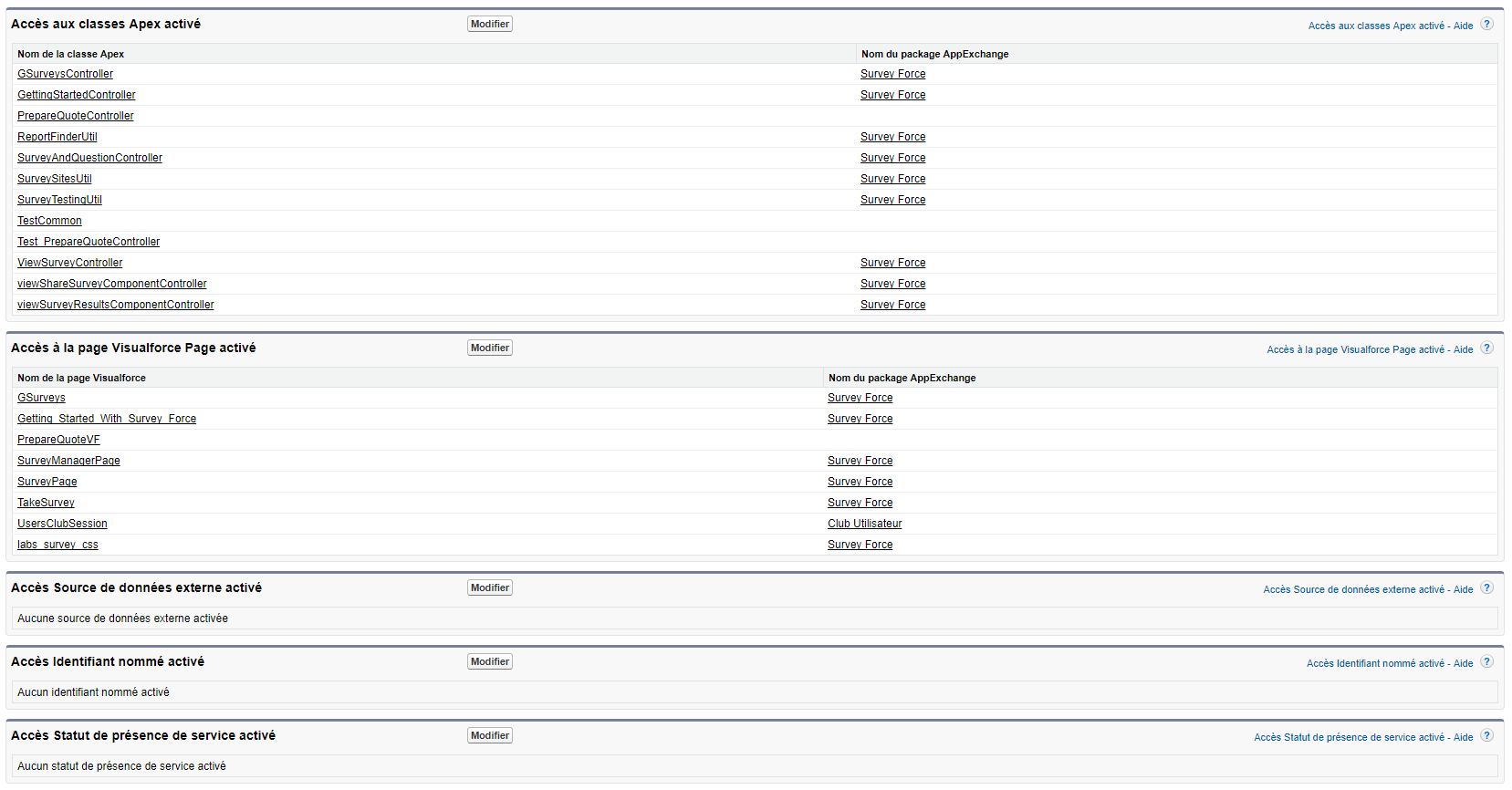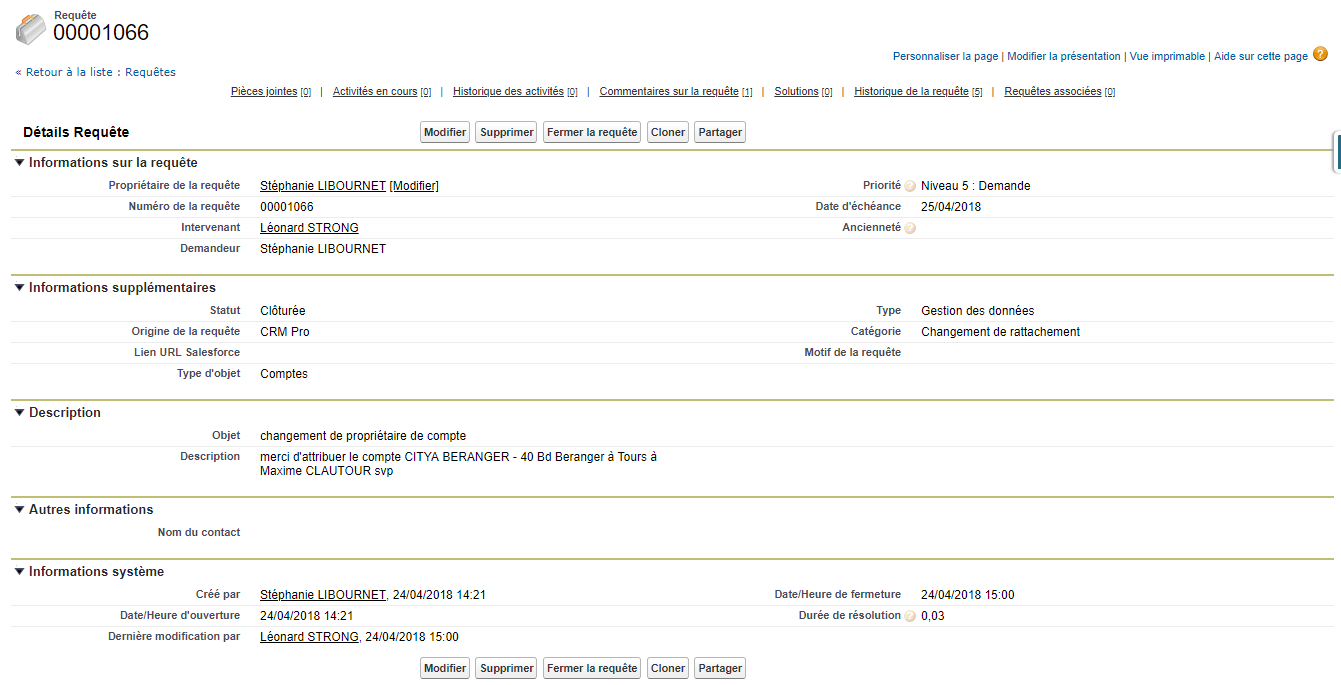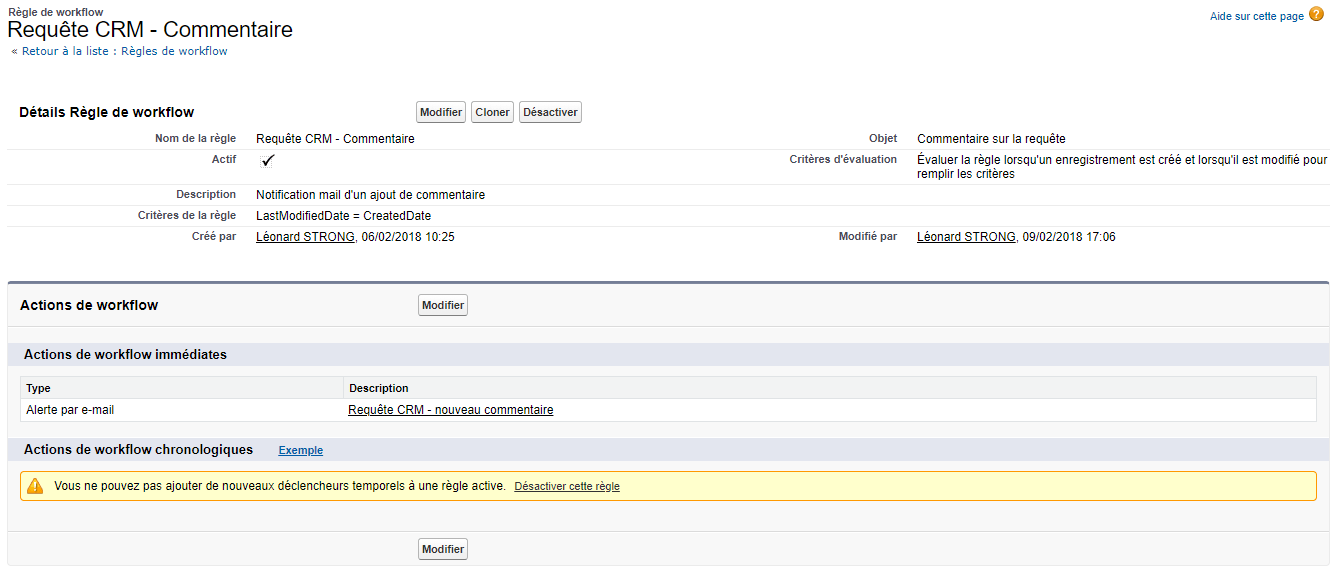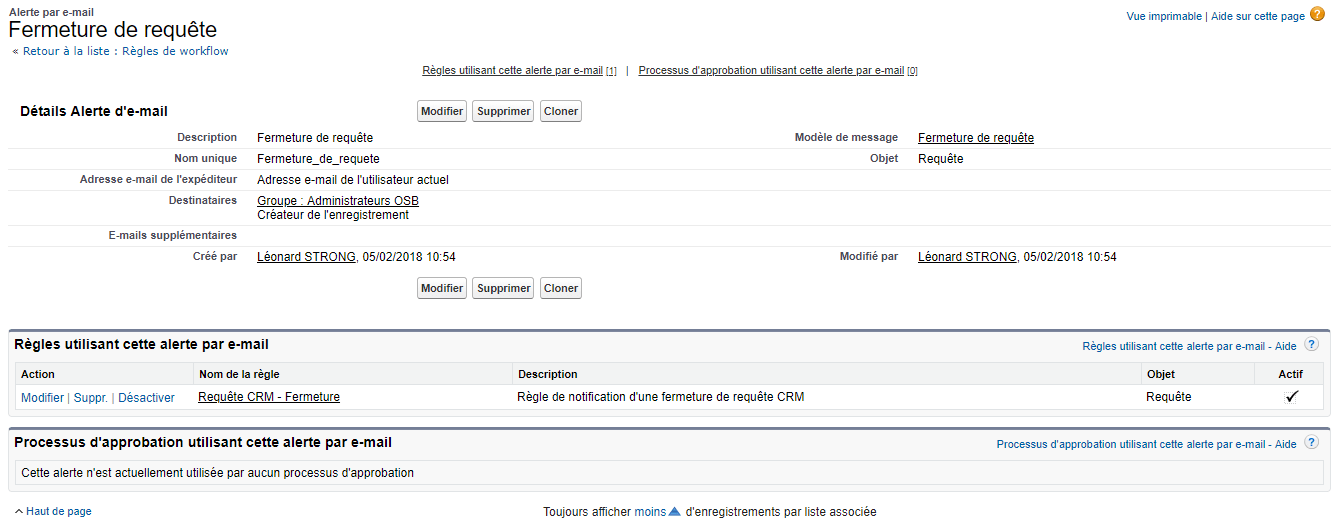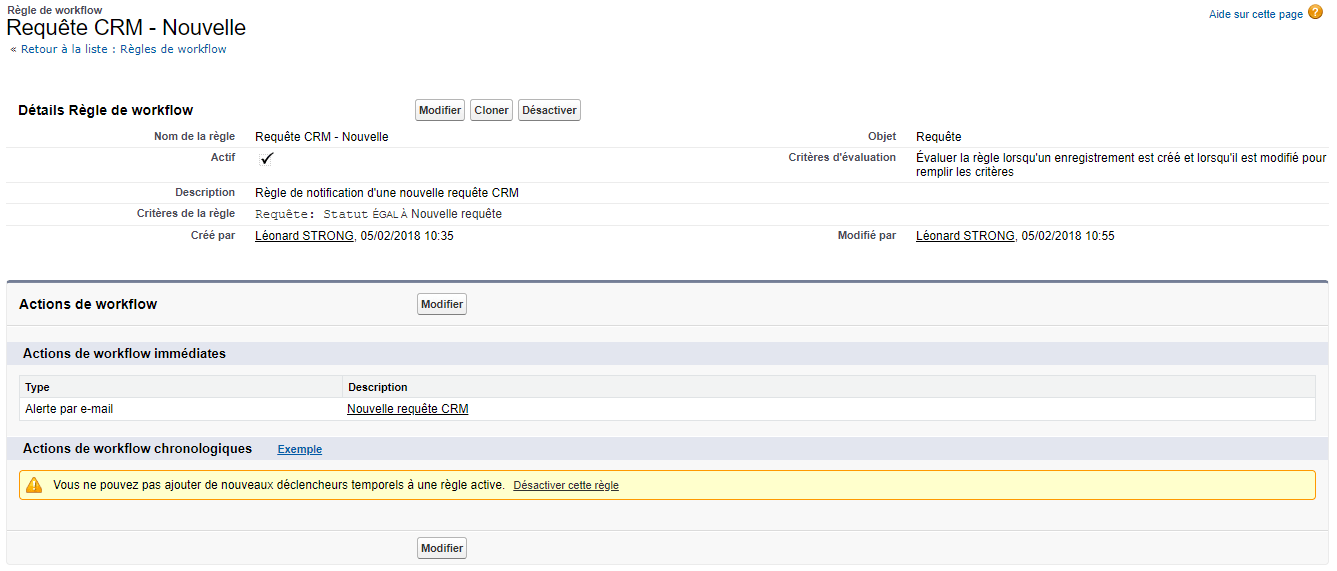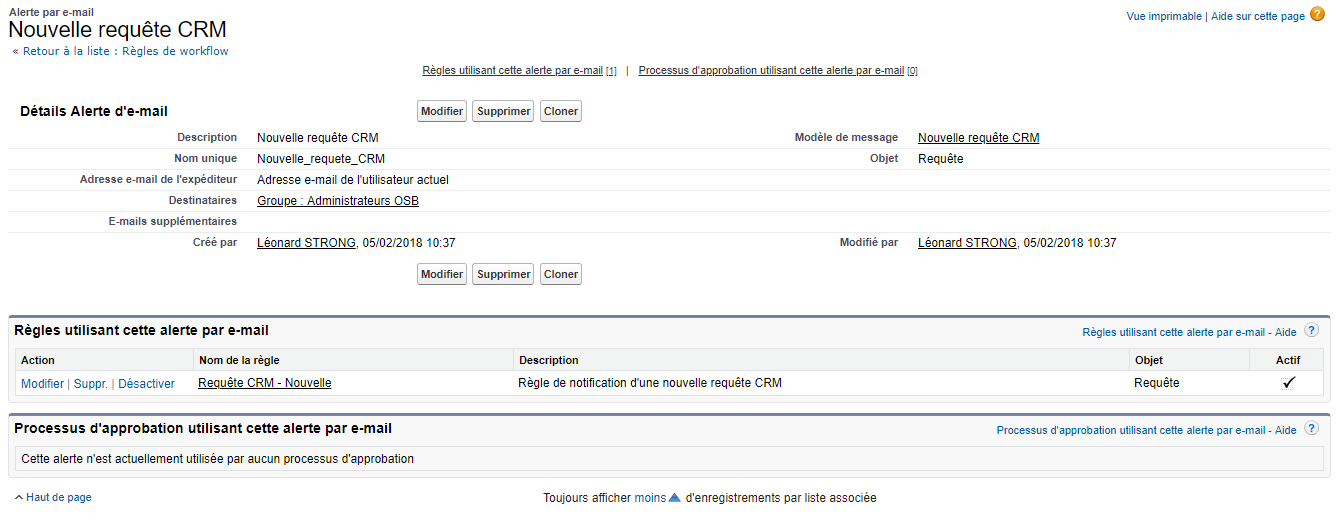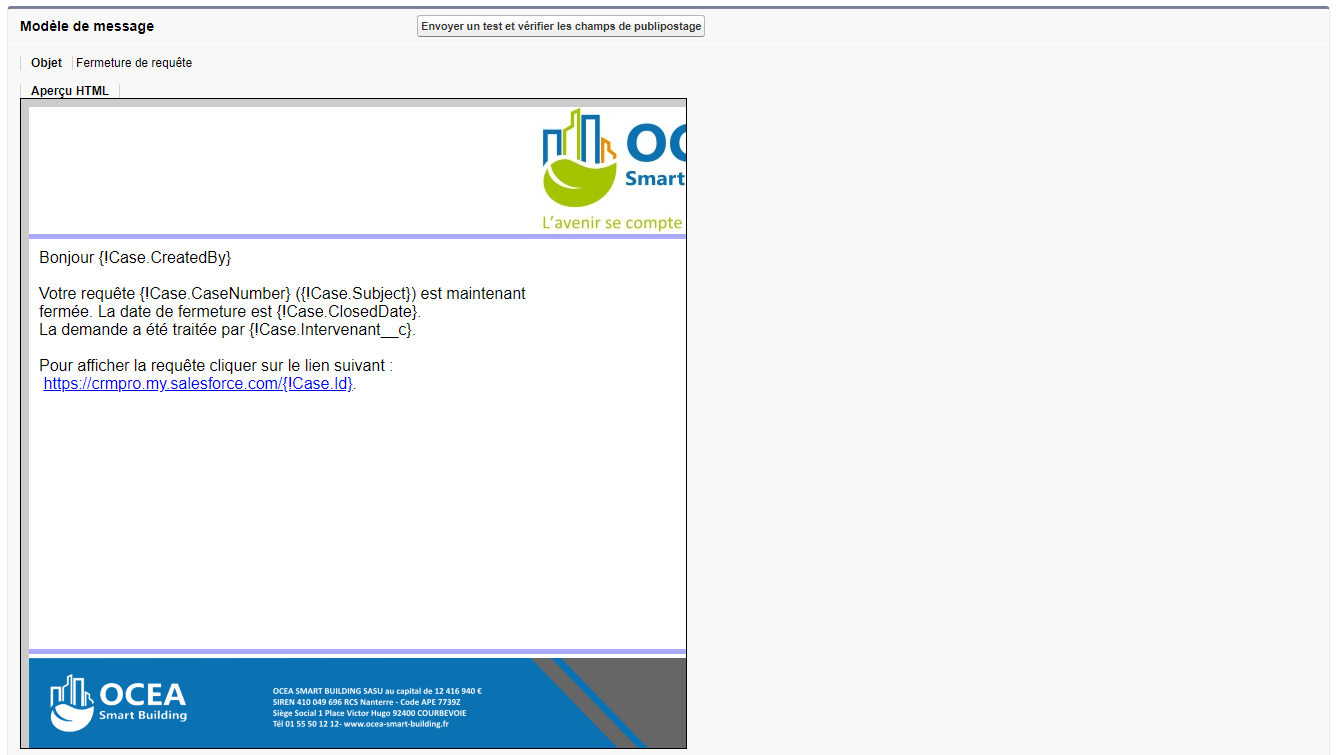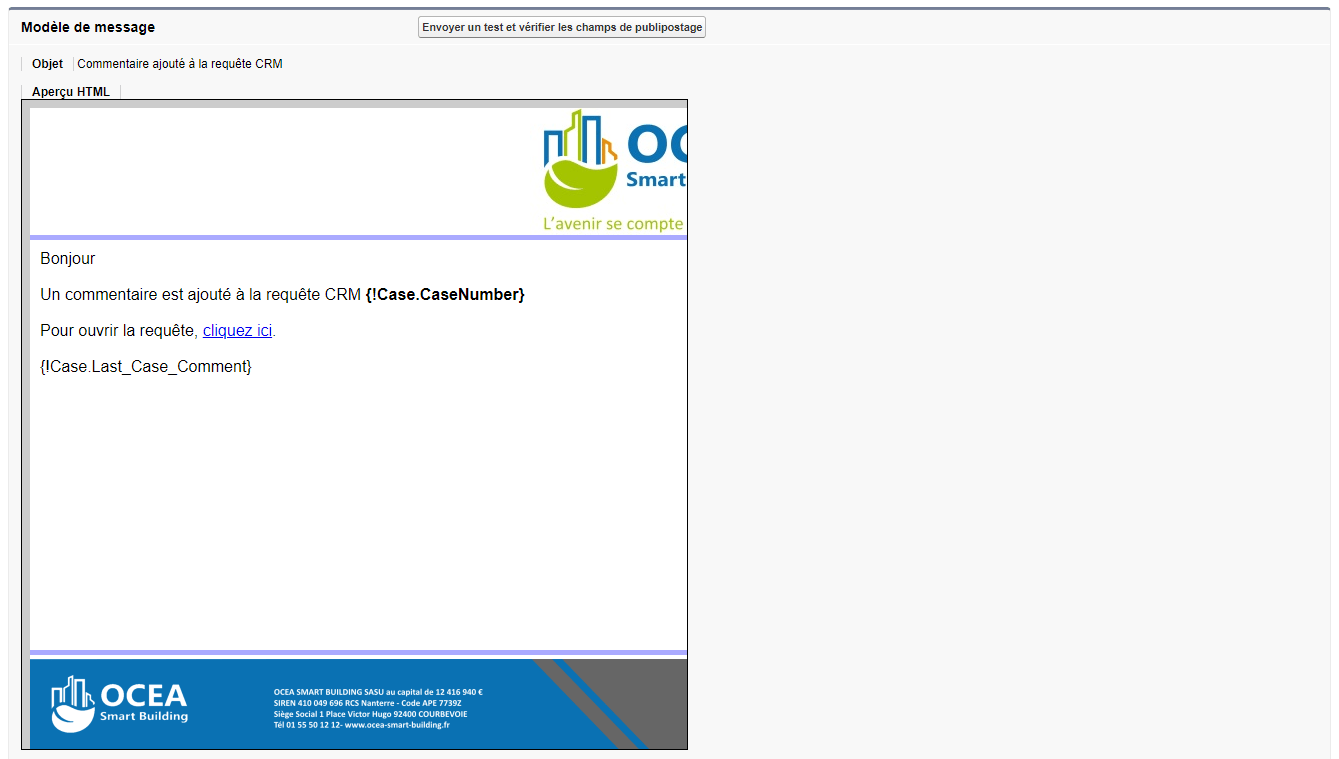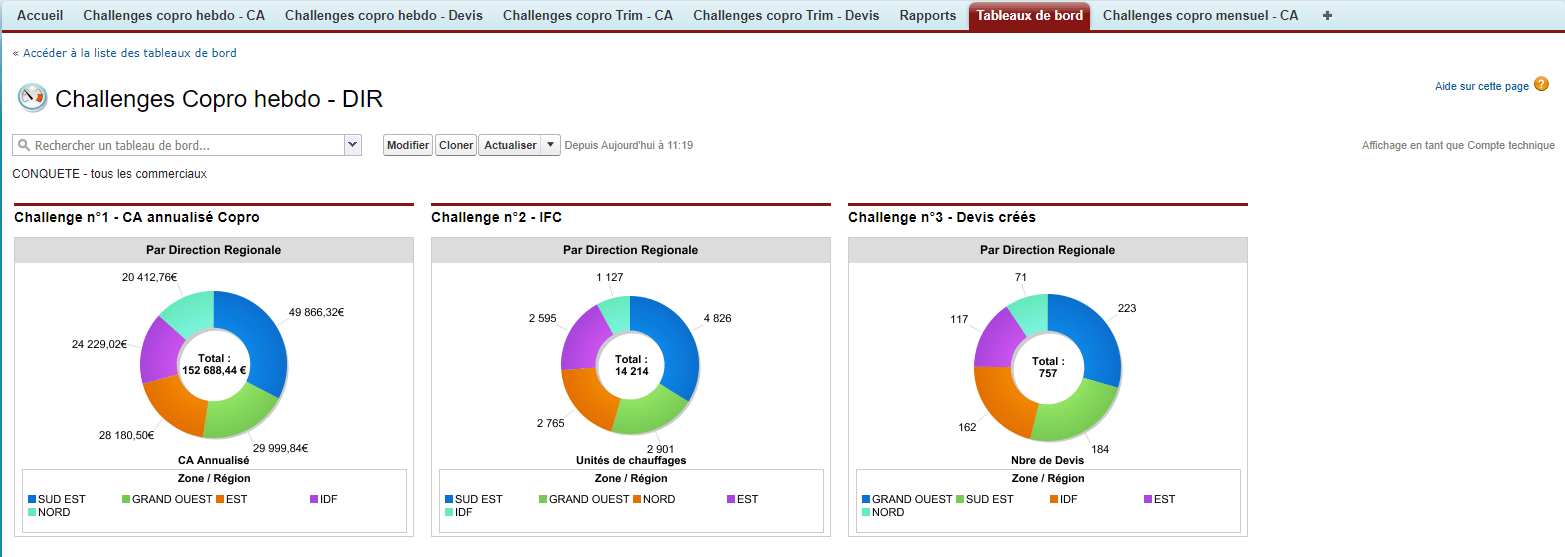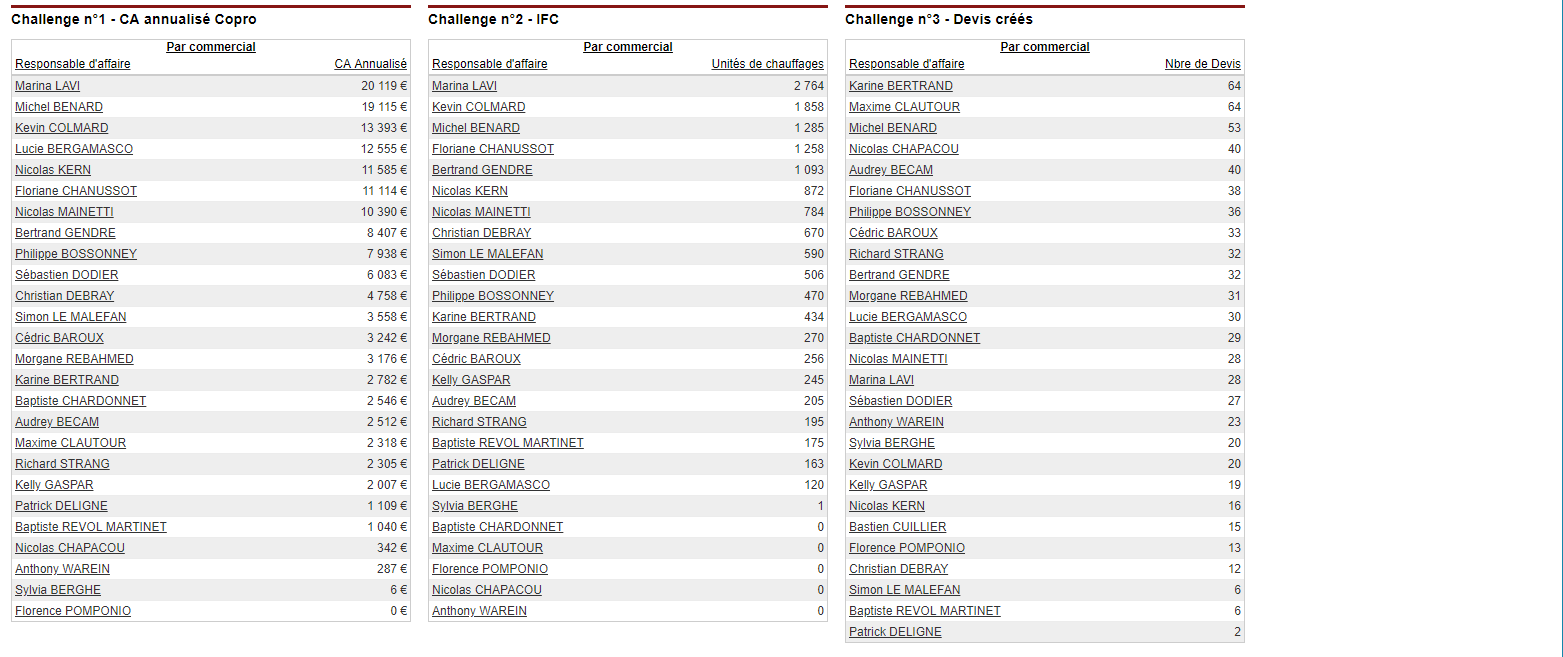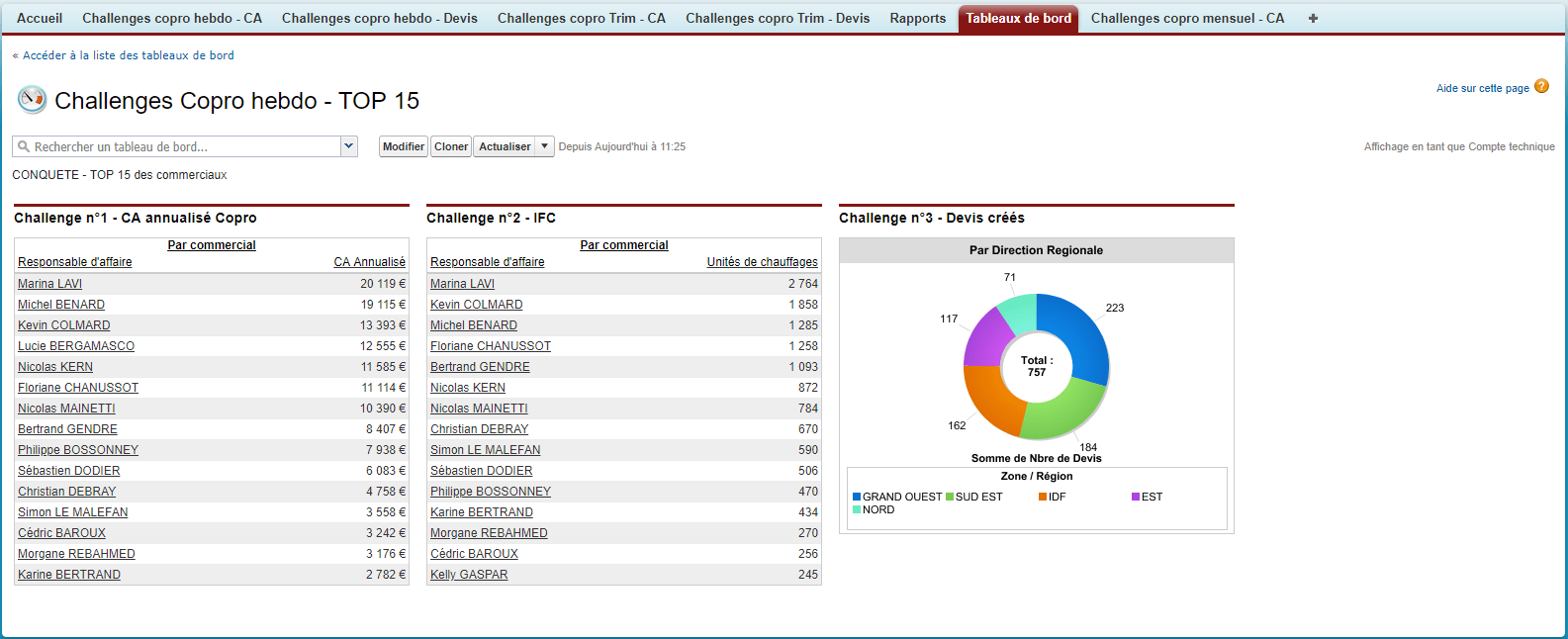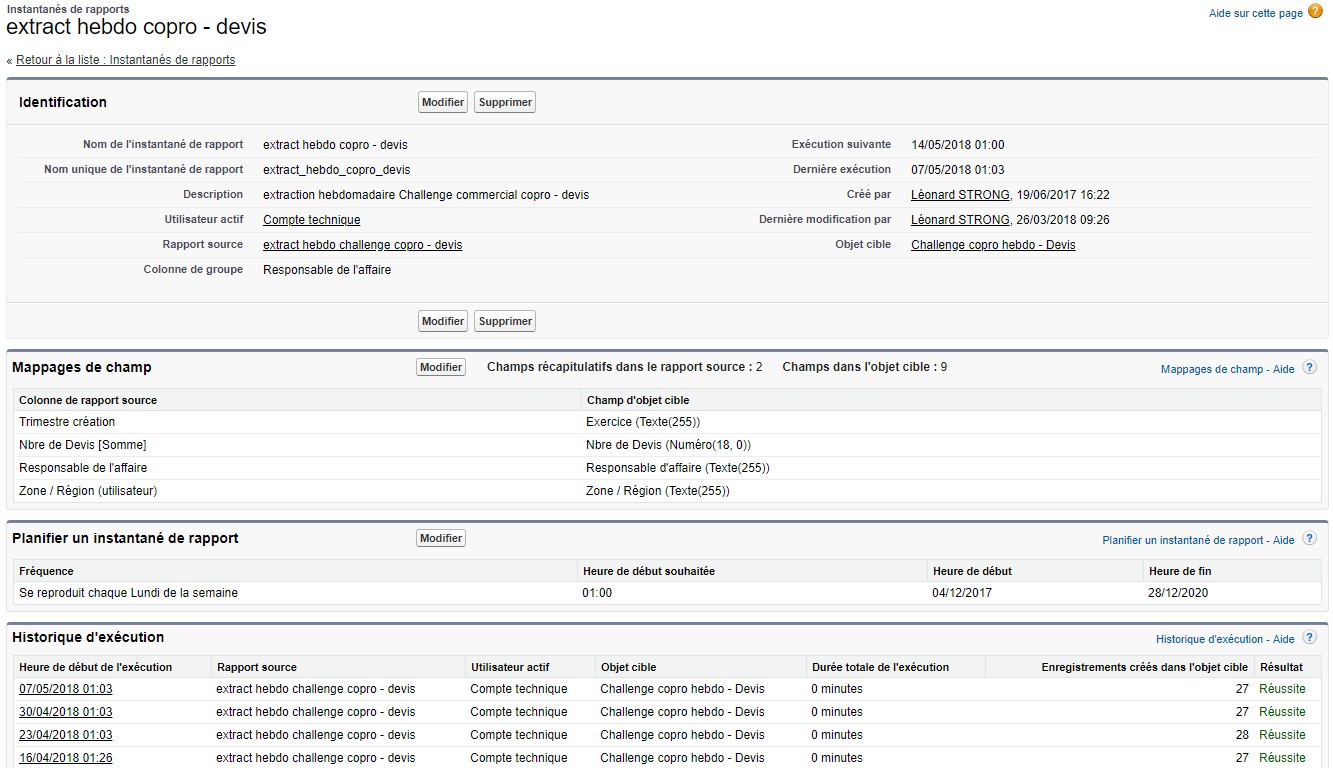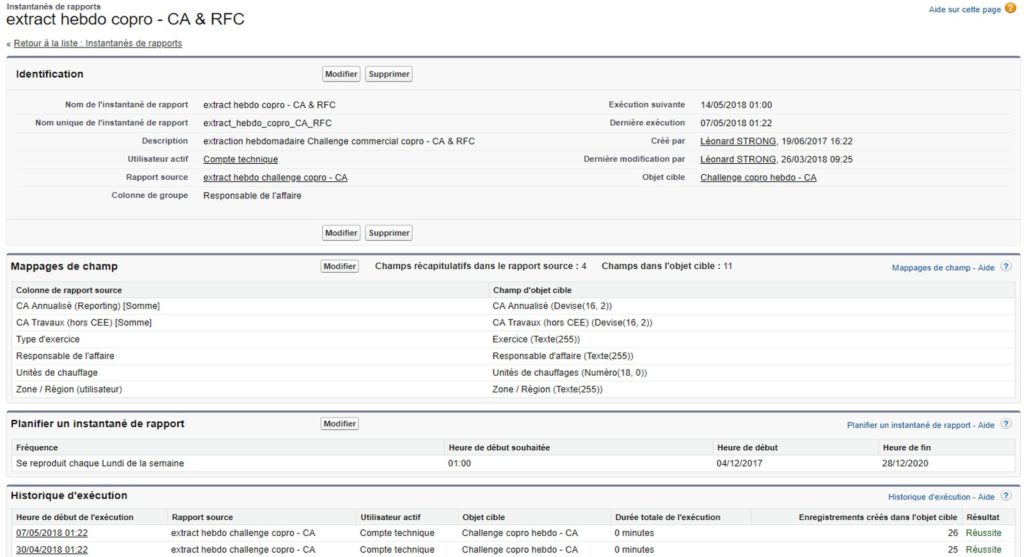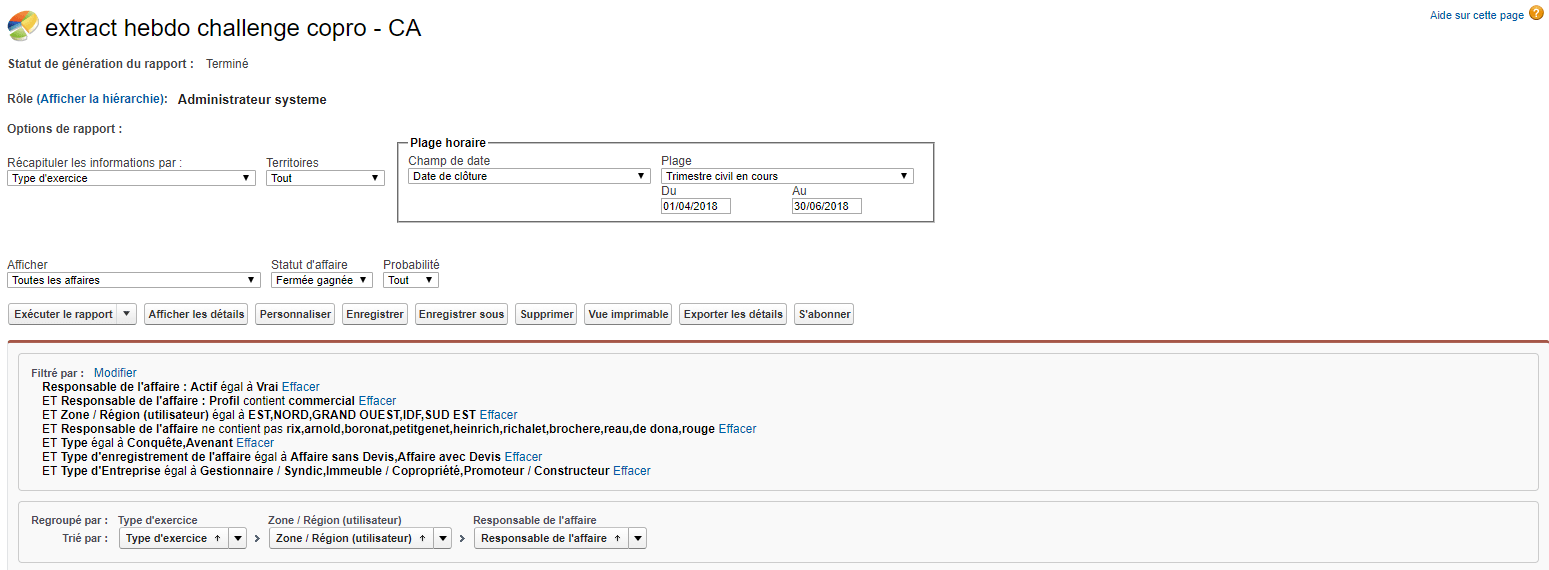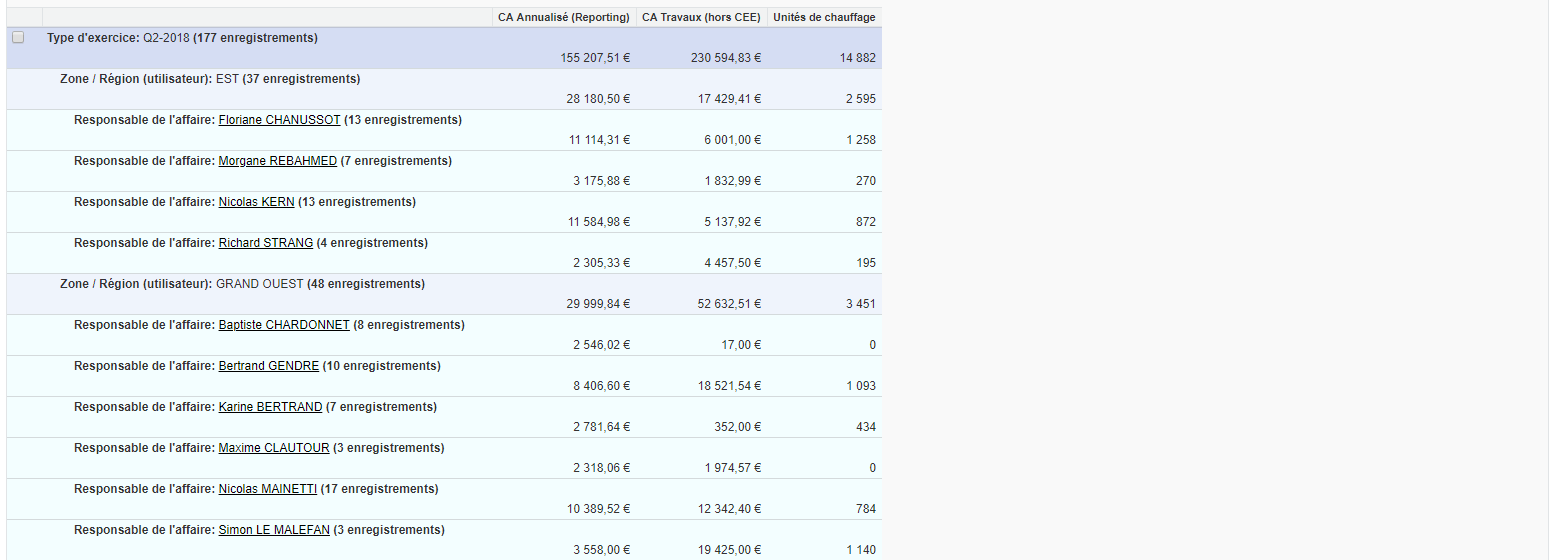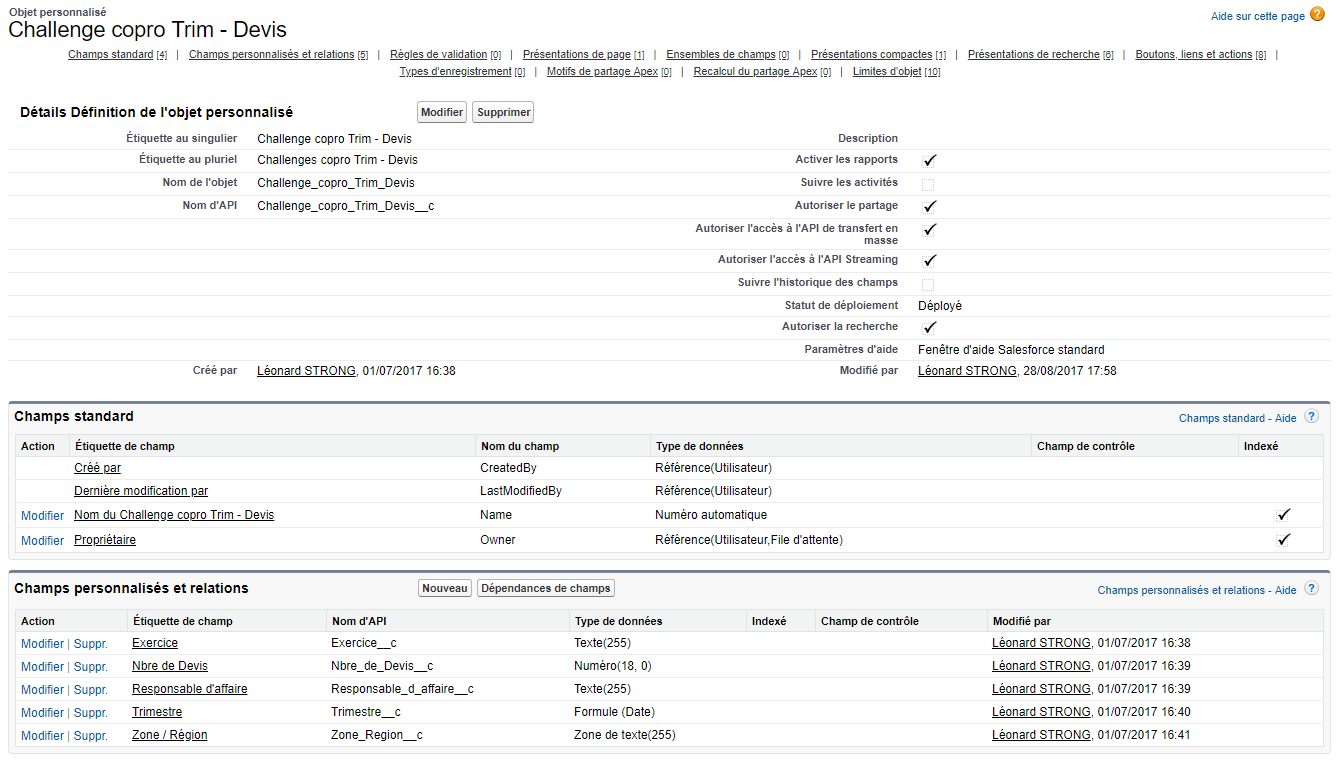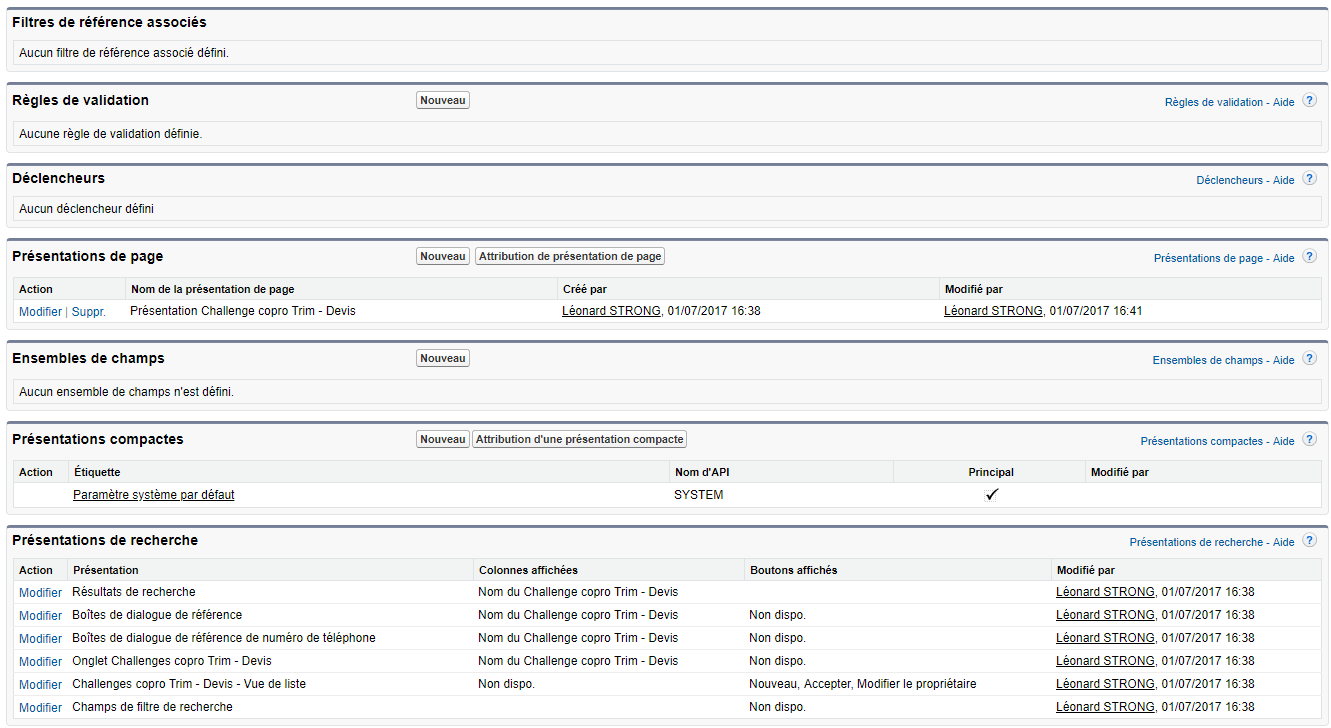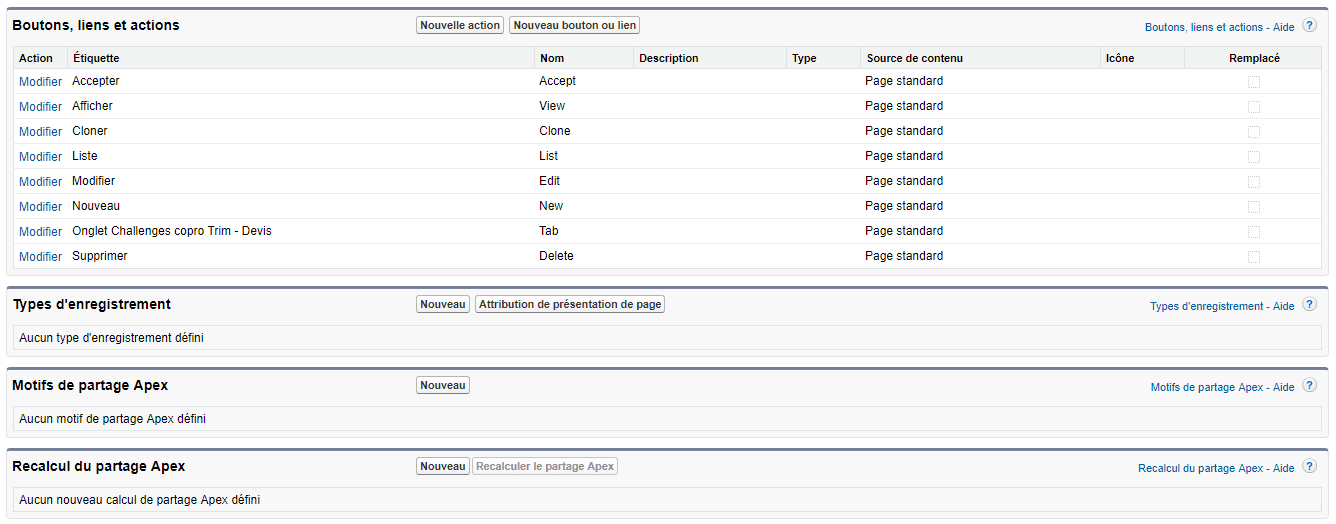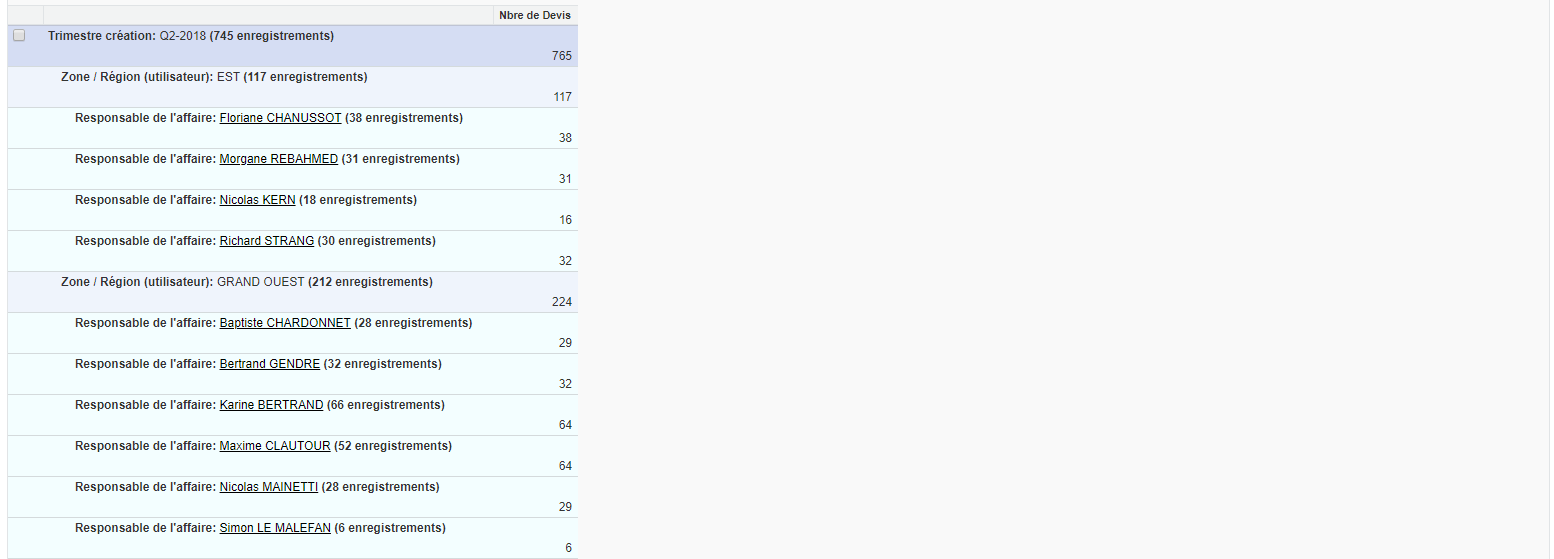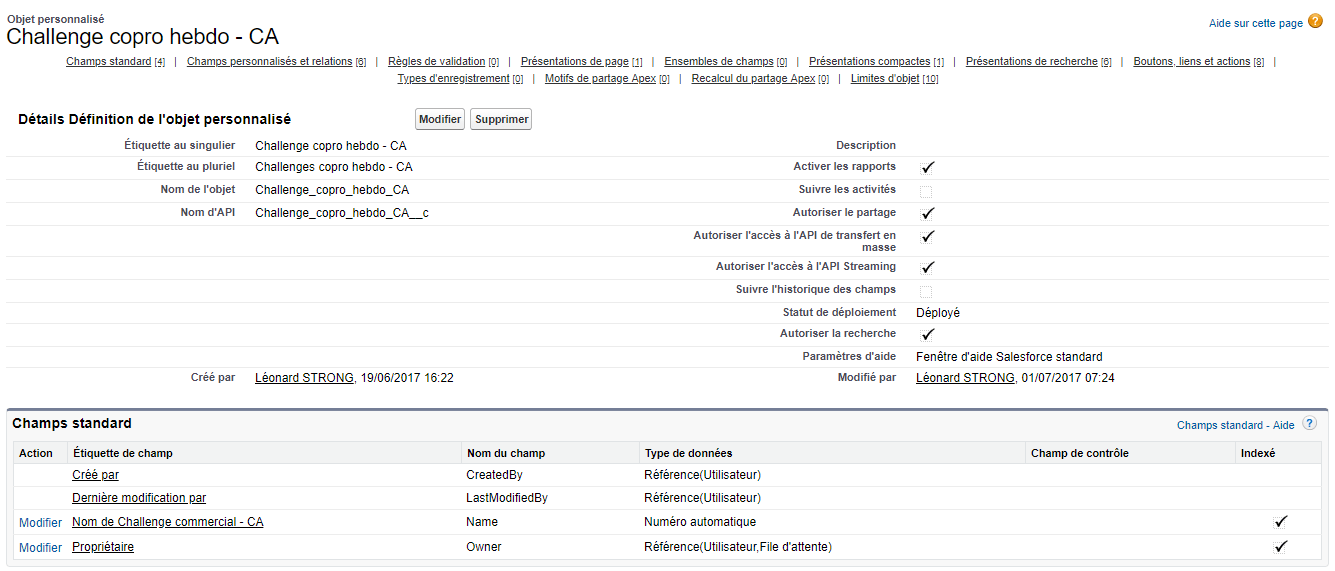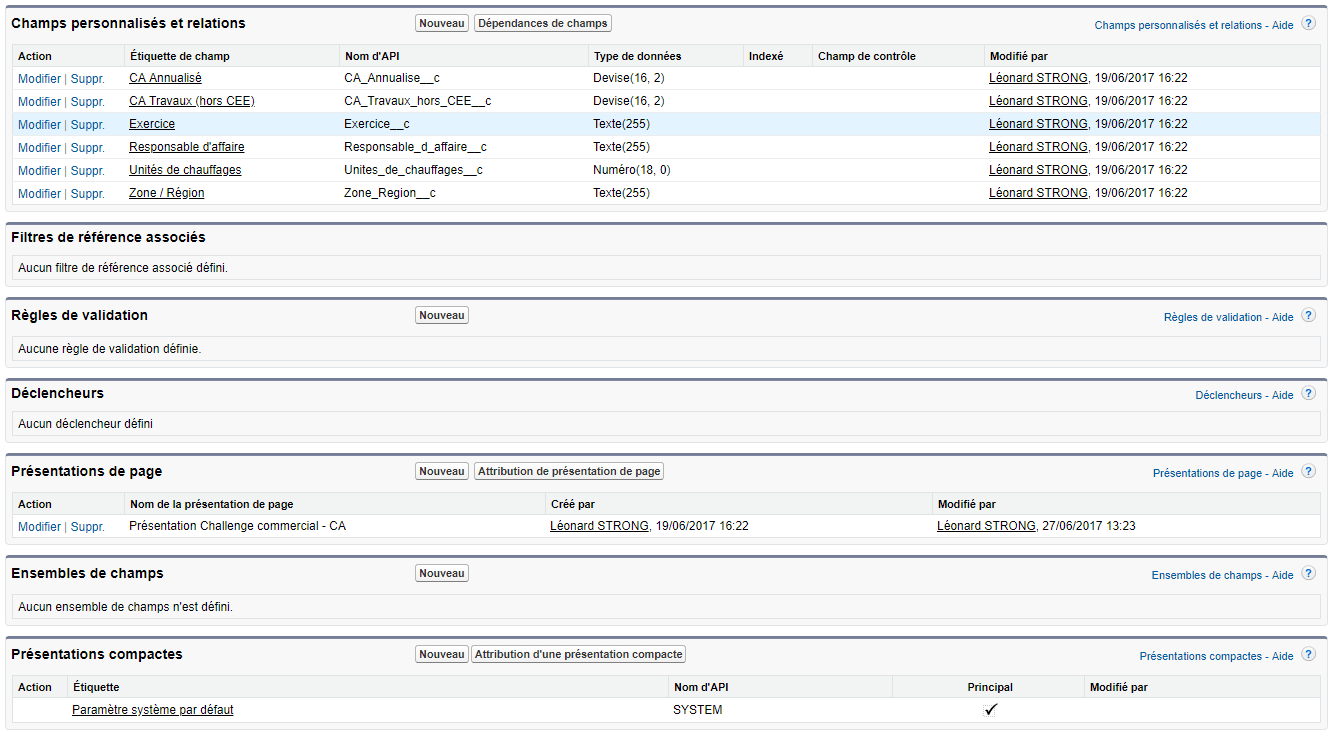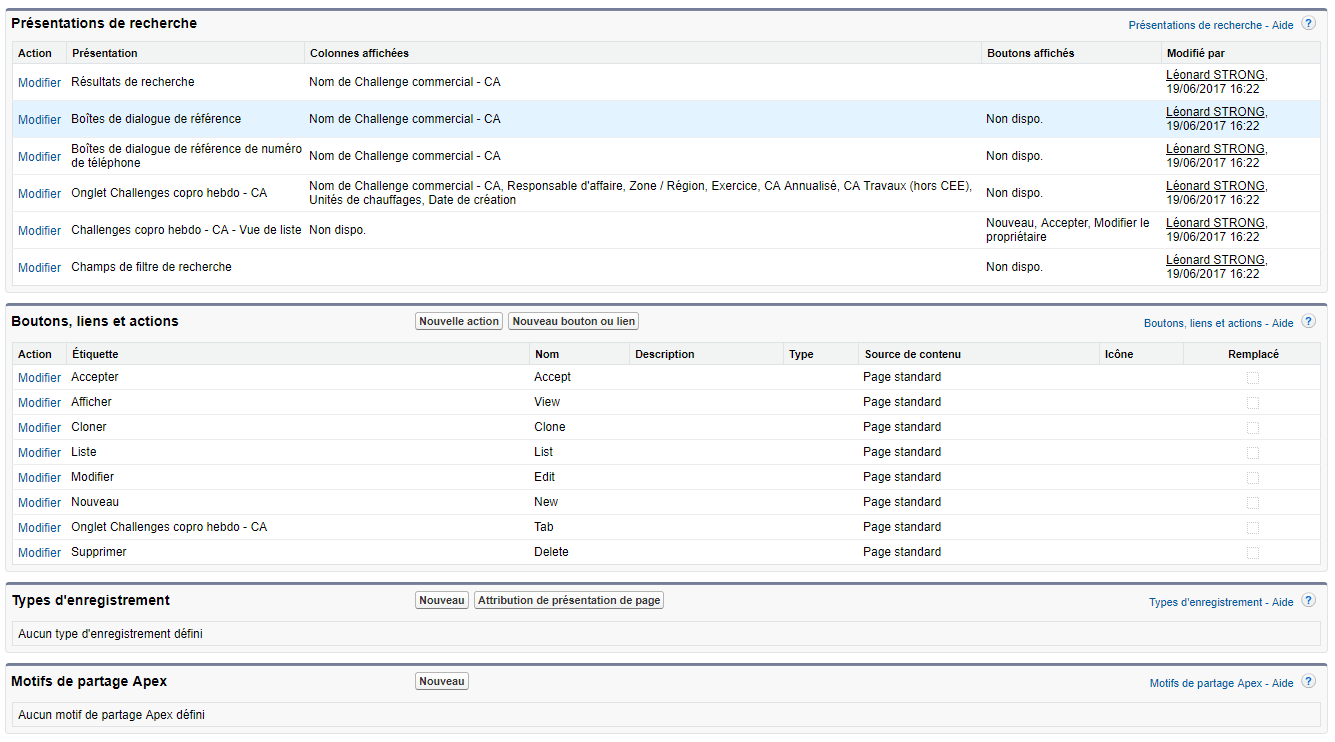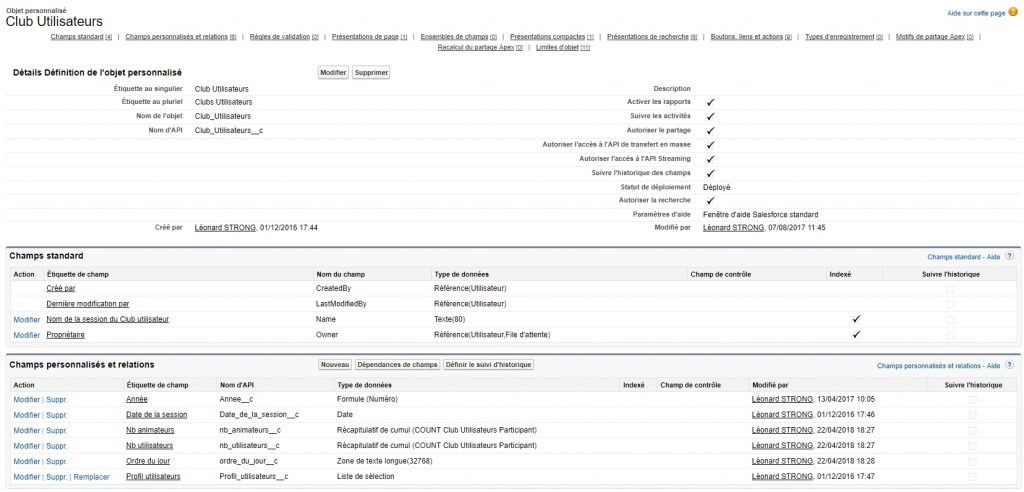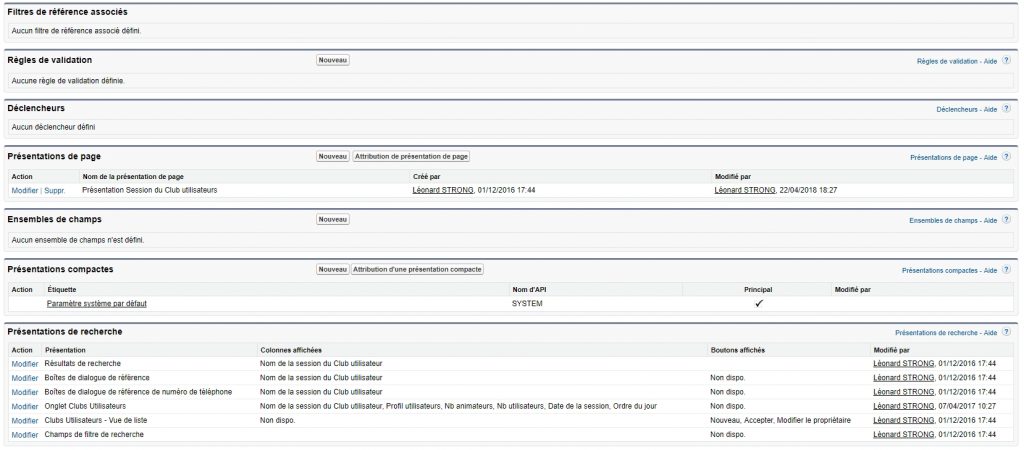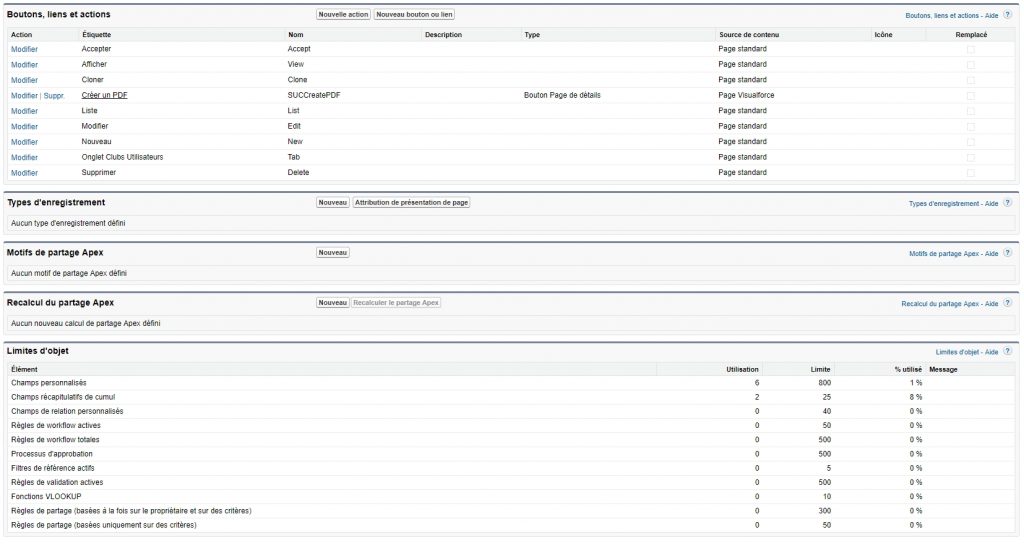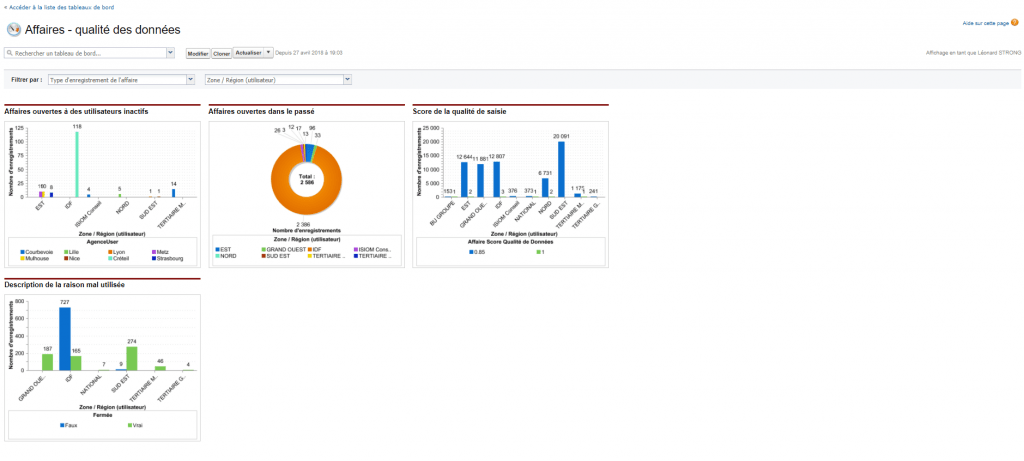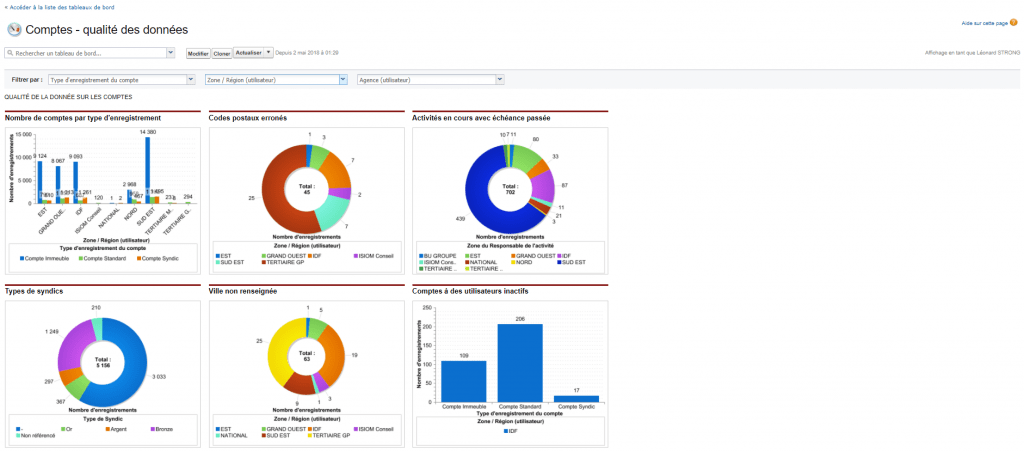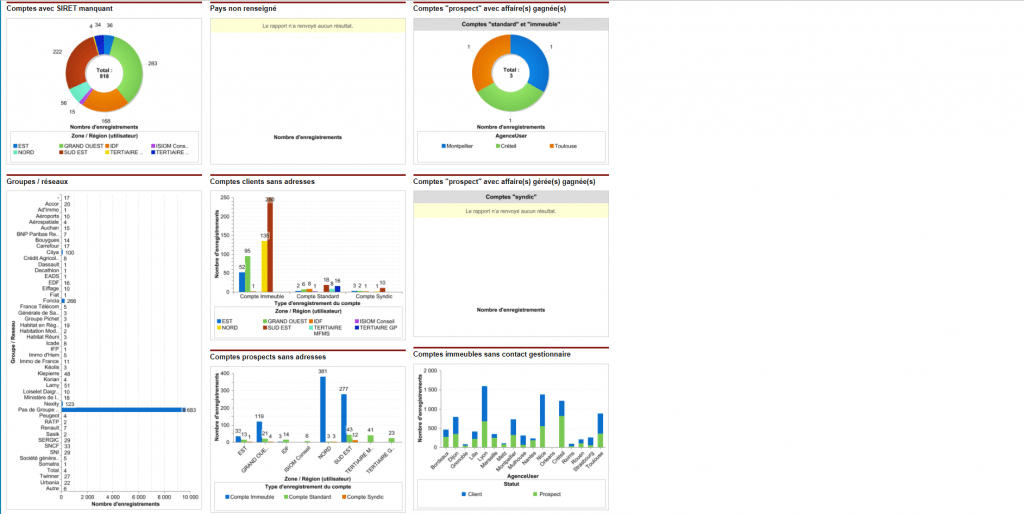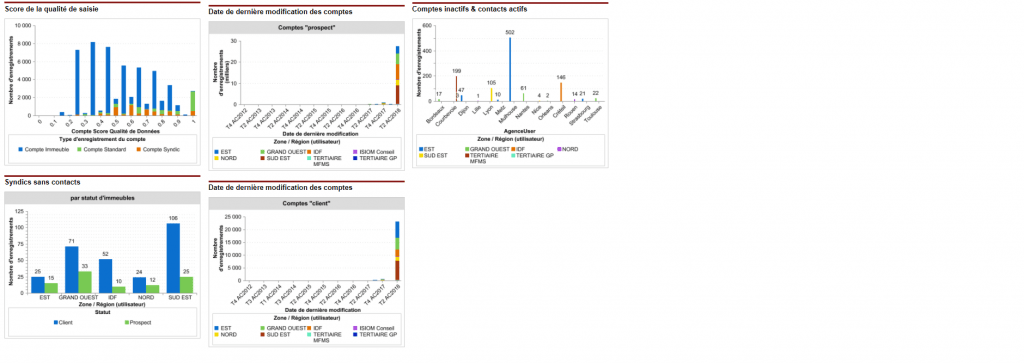1. Presentation of the site
- Owner : Léonard STRONG
- Contact the owner: contact form
- Host: Ligne Web Services (LWS) - 4, rue Galvani, 75017 PARIS - FRANCE
- Hosting contact: +33 (0) 826 102 413
2. General conditions of use of the site and the services offered.
Use of the site implies full acceptance of the general conditions of use described below. These conditions of use may be modified or supplemented at any time, and users of the site are therefore invited to consult them regularly.
This site is normally accessible to users at all times. However, Leonard STRONG may decide to interrupt the site for technical maintenance purposes and will endeavour to inform users in advance of the dates and times of the intervention.
The site is regularly updated by Léonard STRONG. Similarly, the legal notices may be modified at any time: they are nevertheless binding on the user, who is invited to refer to them as often as possible in order to read them.
3. Contractual limitations on technical data.
The site uses JavaScript technology.
The website cannot be held responsible for any material damage related to the use of the site. Furthermore, the user of the site undertakes to access the site using recent, virus-free equipment and with a last-generation updated browser.
4. Intellectual property and counterfeiting.
Léonard STRONG is the owner of the intellectual property rights on its creations accessible on the site, in particular the texts, images, graphics, photographs, icons, sounds and software. The logos or icons of the organisations or companies mentioned on this site are the intellectual property of the organisations or companies in question.
Any reproduction, representation, modification, publication, adaptation of all or part of the elements of the site, whatever the means or process used, is prohibited, except with the prior written authorisation of : Léonard STRONG or their owner.
Any unauthorised use of the site or of any of the elements it contains will be considered as constituting an infringement and will be prosecuted in accordance with the provisions of articles L.335-2 et seq. of the Intellectual Property Code.
5. Limitations of liability.
Léonard STRONG cannot be held responsible for direct and indirect damage caused to the user's equipment when accessing the Leonard STRONG site, and resulting either from the use of equipment that does not meet the specifications indicated in point 4, or from the appearance of a bug or an incompatibility.
Leonard STRONG may not be held responsible for indirect damage (such as loss of market or loss of opportunity) resulting from the use of this site.
Interactive areas (possibility of asking questions in the contact area) are available to users. Léonard STRONG reserves the right to delete, without prior notice, any content posted in this area that contravenes the legislation applicable in France, in particular the provisions relating to data protection. Where applicable, Léonard STRONG also reserves the right to hold the user civilly and/or criminally liable, particularly in the event of messages of a racist, insulting, defamatory or pornographic nature, whatever the medium used (text, photographs, etc.).
6. Personal data management.
This site uses cookies and plugins to obtain statistics on visits over the last two weeks of activity: information on the computer used by the visitor (IP address, operating system, web browser, country of origin) is collected.
This site also has a contact form and a Multiple Choice Questionnaire on Salesforce for which authentication is mandatory with the identity and e-mail address of the person using the said elements. Reporting on the MCQ also provides an overall score for each visitor completing it.
The management of information collected for visit statistics will be reviewed in hindsight, in the short term all data is retained.
The data collected by the forms are only accessible by Léonard STRONG, the site owner. You have the possibility to request the deletion of this data.
According to the terms of the RGPD, which came into force on 25 May 2018, any person filling in the questionnaire has the right to request access to and deletion of data concerning him or her.
7. Hyperlinks and cookies.
The Léonard STRONG site contains a certain number of hypertext links to other sites, set up with the authorisation of Léonard STRONG. However, Léonard STRONG does not have the possibility of checking the content of the sites thus visited, and consequently cannot assume any responsibility for them.
Browsing the Leonard STRONG site may result in the installation of cookie(s) on the user's computer. A cookie is a small file which does not allow the user to be identified, but which records information relating to the navigation of a computer on a site. The data obtained in this way is intended to facilitate subsequent navigation on the site, and is also intended to allow various measures of frequentation. The list of cookies is available from the dedicated link.
Refusal to install a cookie may make it impossible to access certain services. However, the user can configure his computer in the following way to refuse the installation of cookies:
- In Internet Explorer: Tools tab (cog-shaped icon at the top right) / Internet options. Click on Privacy and choose Block all cookies. Validate on Ok.
- In Firefox: at the top of the browser window, click on the Firefox button, then go to the Options tab. Click on the Privacy tab. Set the Retention Rules to: use custom settings for history. Finally uncheck it to disable cookies.
- In Safari: Click on the menu icon (symbolised by a cog) at the top right of the browser. Select Settings. Click on Show advanced settings. In the "Privacy" section, click on "Content settings". In the "Cookies" section, you can block cookies.
- In Chrome: Click on the menu icon (symbolised by three horizontal lines) at the top right of the browser. Select Settings. Click on Show advanced settings. In the "Privacy" section, click on preferences. In the "Privacy" tab, you can block cookies.
The site is not declared to the CNIL because it does not use personal data as indicated on this page.
The databases are protected by the provisions of the law of 1 July 1998 transposing the directive 96/9 of 11 March 1996 on the legal protection of databases.
8. Applicable law and jurisdiction.
Any dispute relating to the use of the Leonard STRONG website is subject to French law. The competent courts of Paris have exclusive jurisdiction.
9. The main laws involved.
Law n° 78-17 of 6 January 1978, notably modified by Law n° 2004-801 of 6 August 2004 on information technology, files and freedoms.
Law n° 2004-575 of 21 June 2004 for confidence in the digital economy.
Regulation (EU) 2016/679 of 27 April 2016 on the protection of individuals with regard to the processing of personal data and on the free movement of such data. To access the European text, click here "".
10. Lexicon.
User: Internet user connecting to and using the above-mentioned site.
Personal information: "information which allows, in any form whatsoever, directly or not, the identification of the natural persons to whom it applies" (article 4 of law n° 78-17 of 6 January 1978).
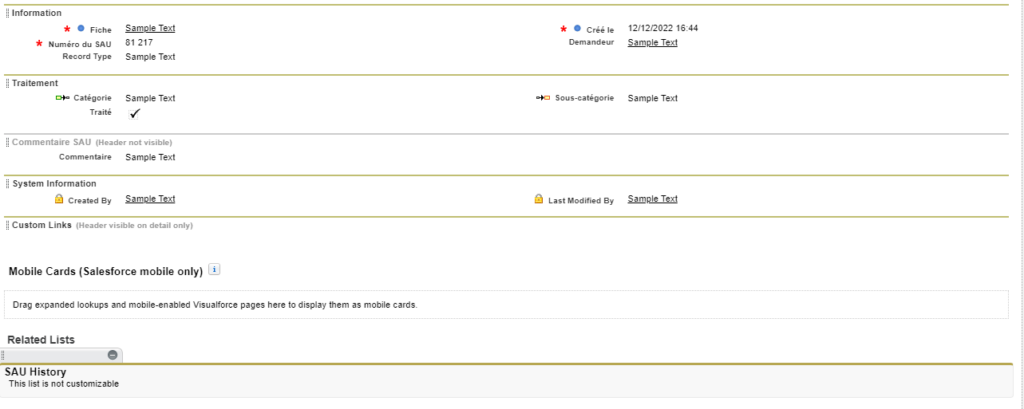
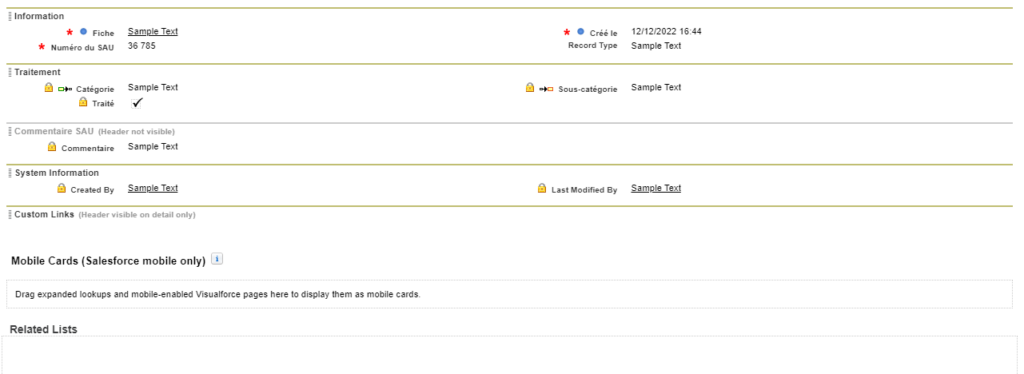
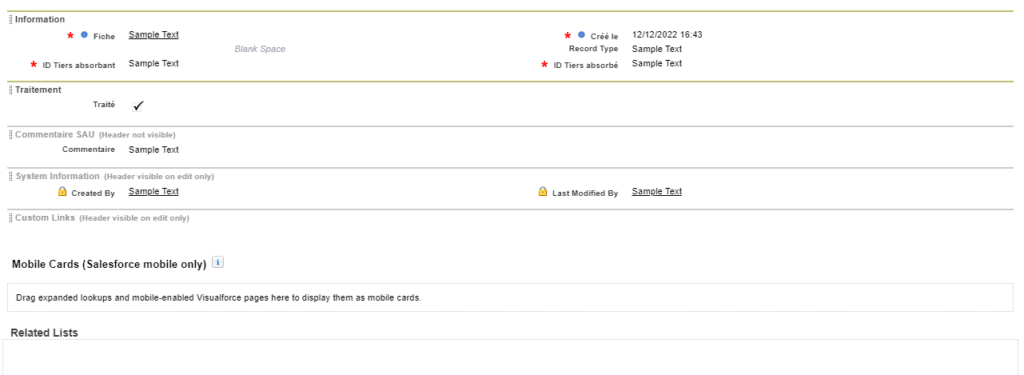
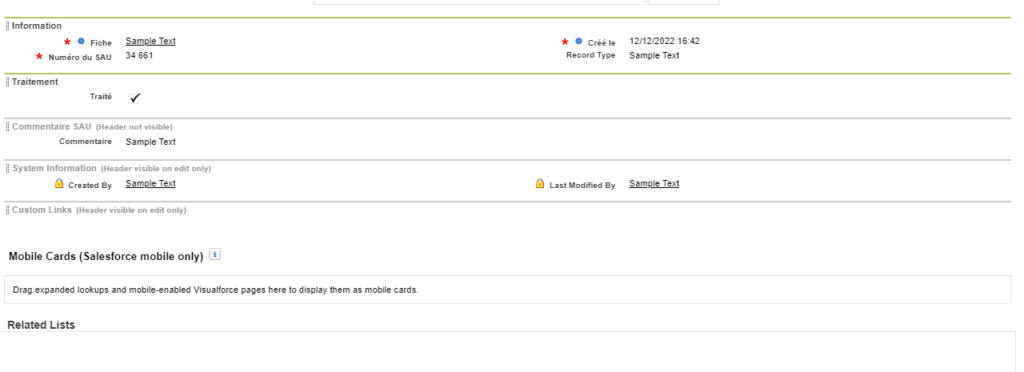
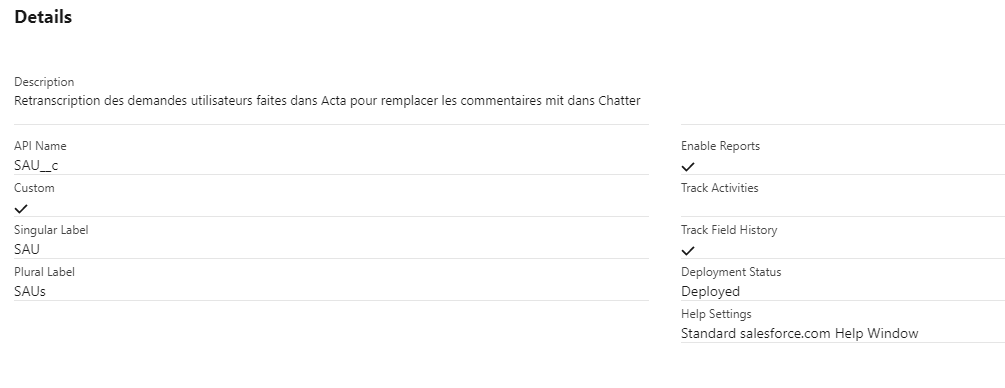


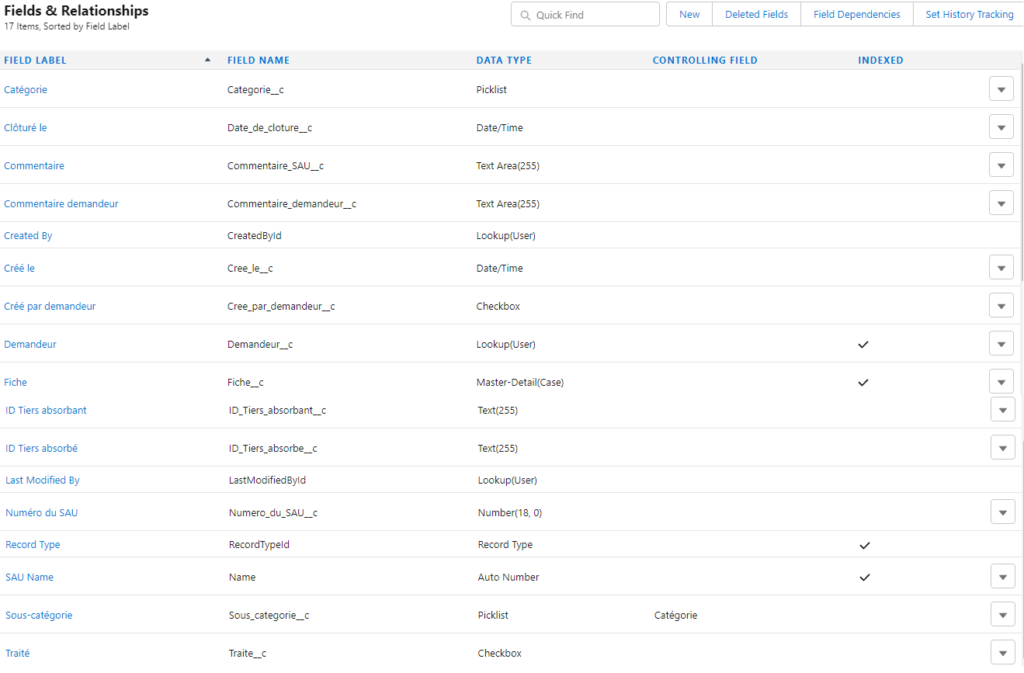


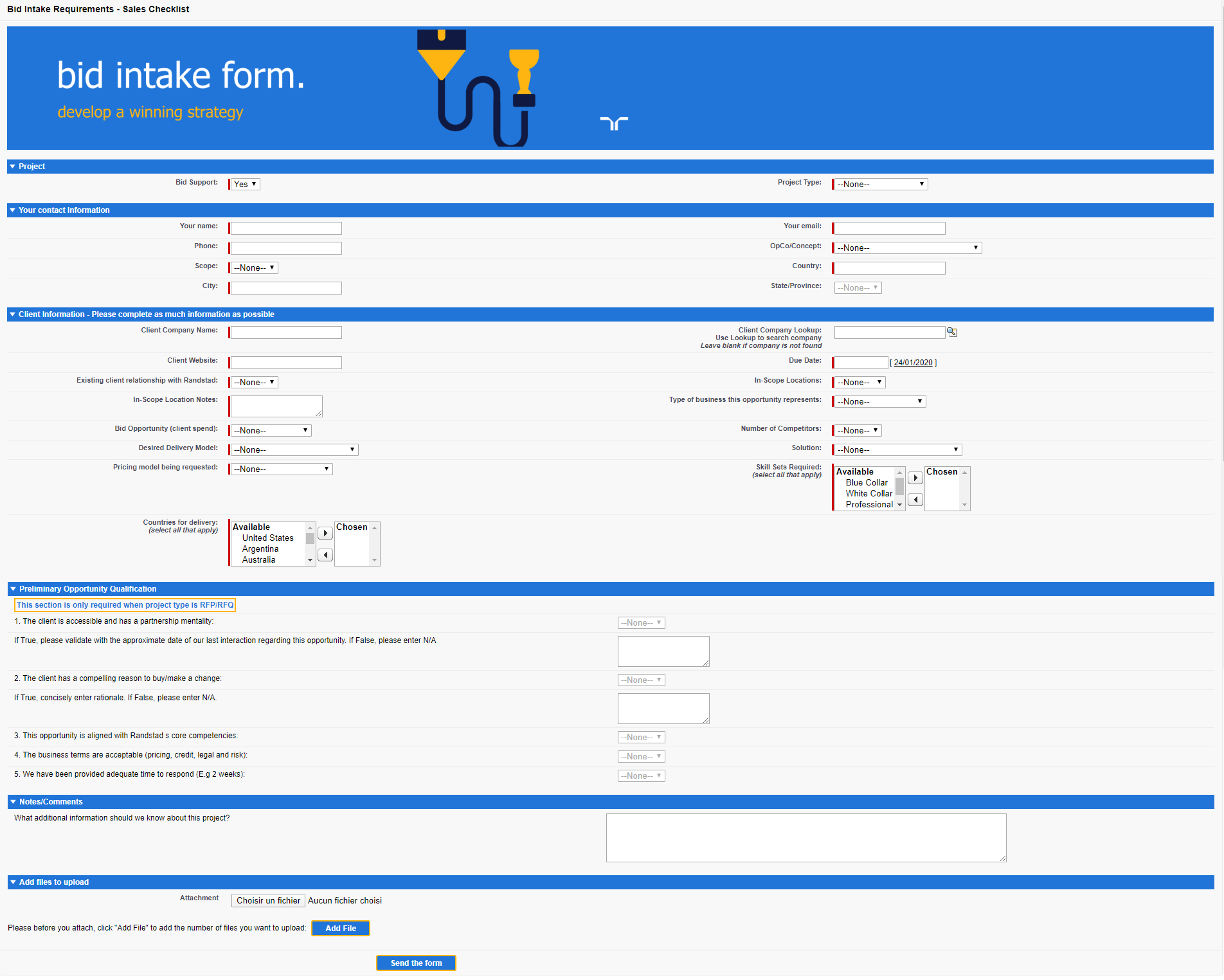
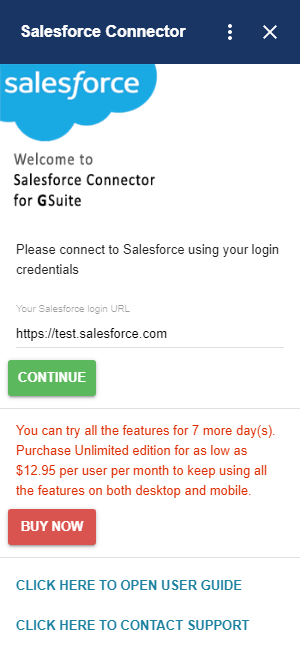
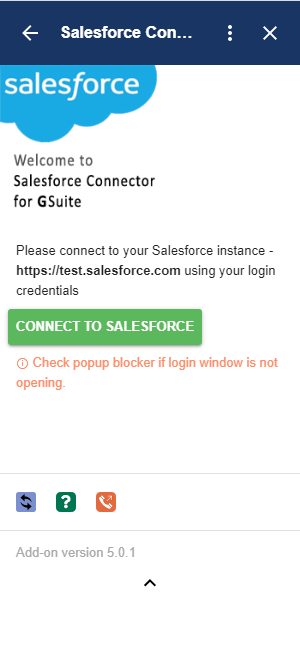


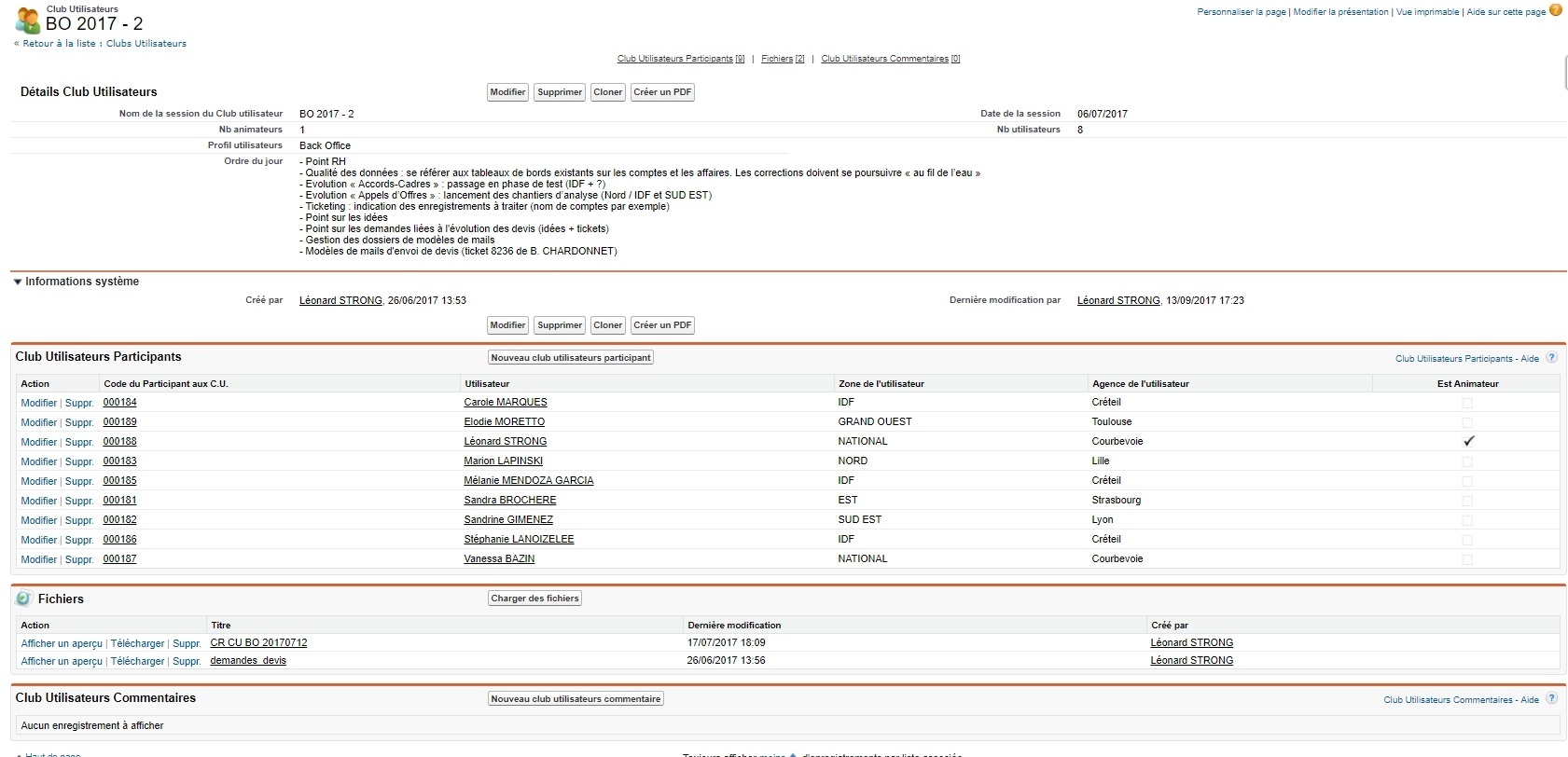

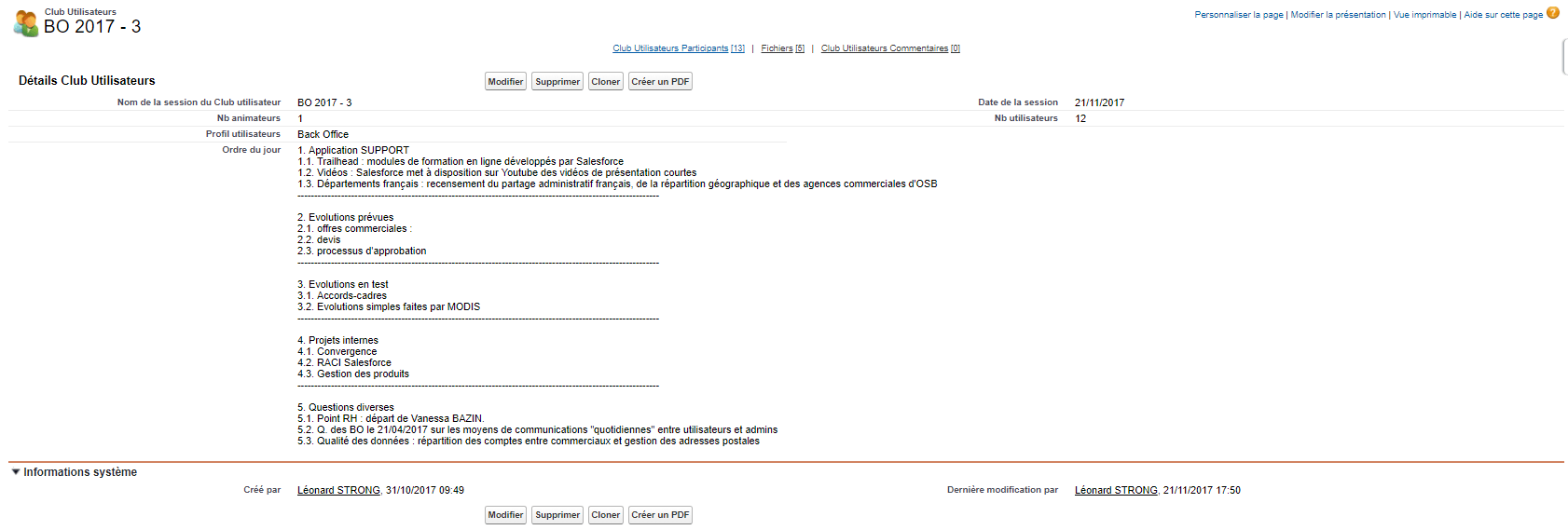
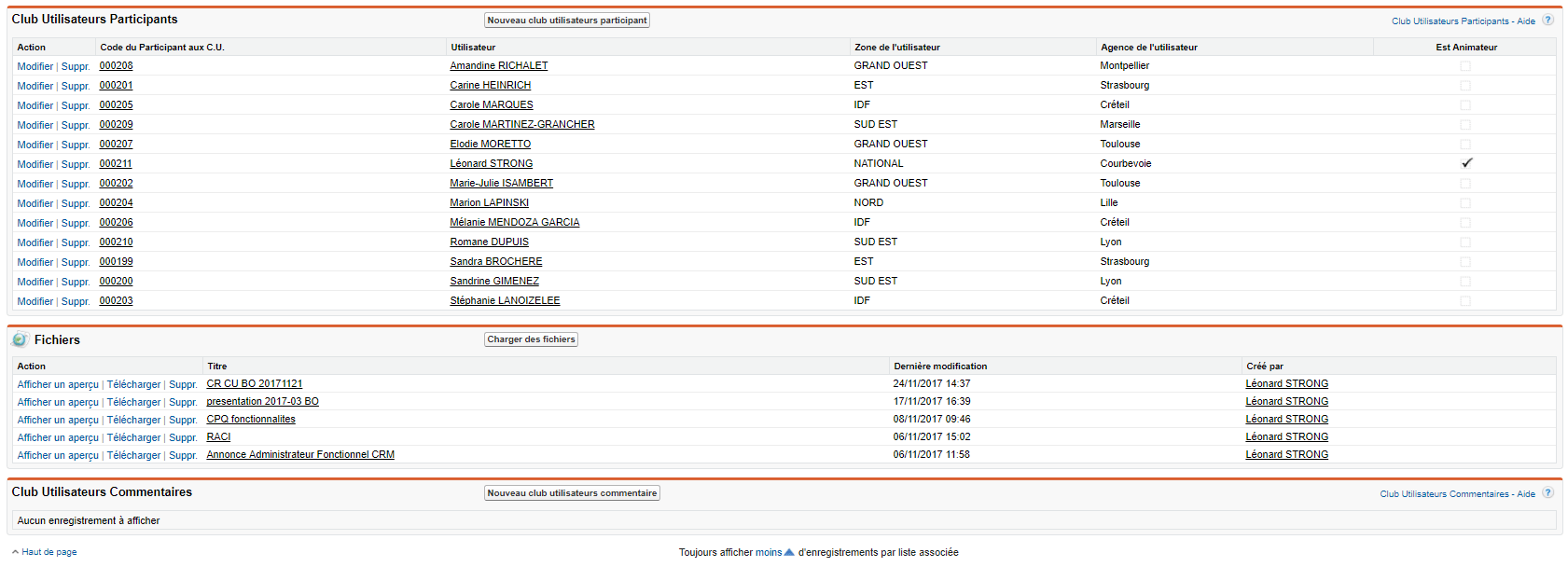
 Under Lightning the resolution procedure is described on this
Under Lightning the resolution procedure is described on this 
